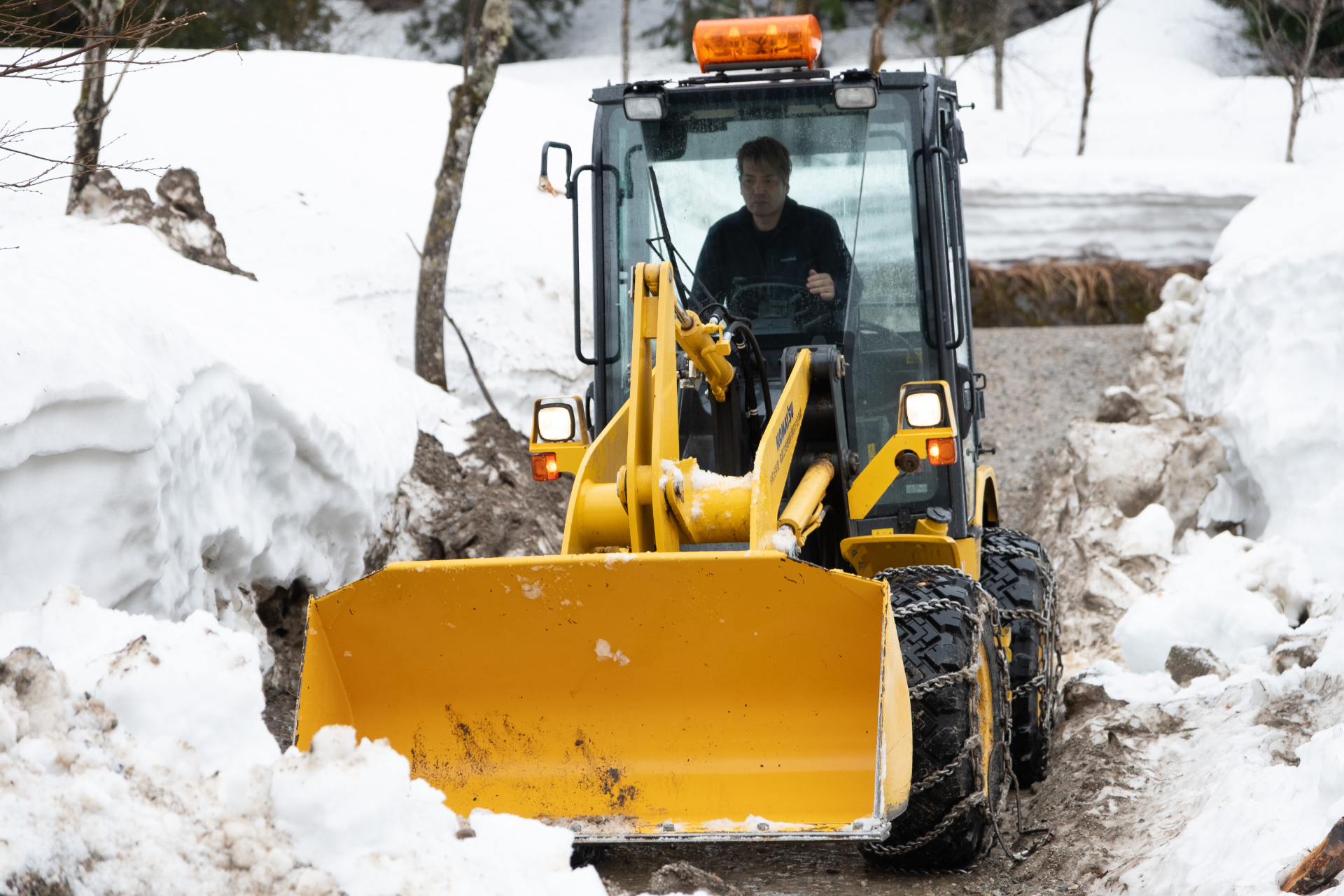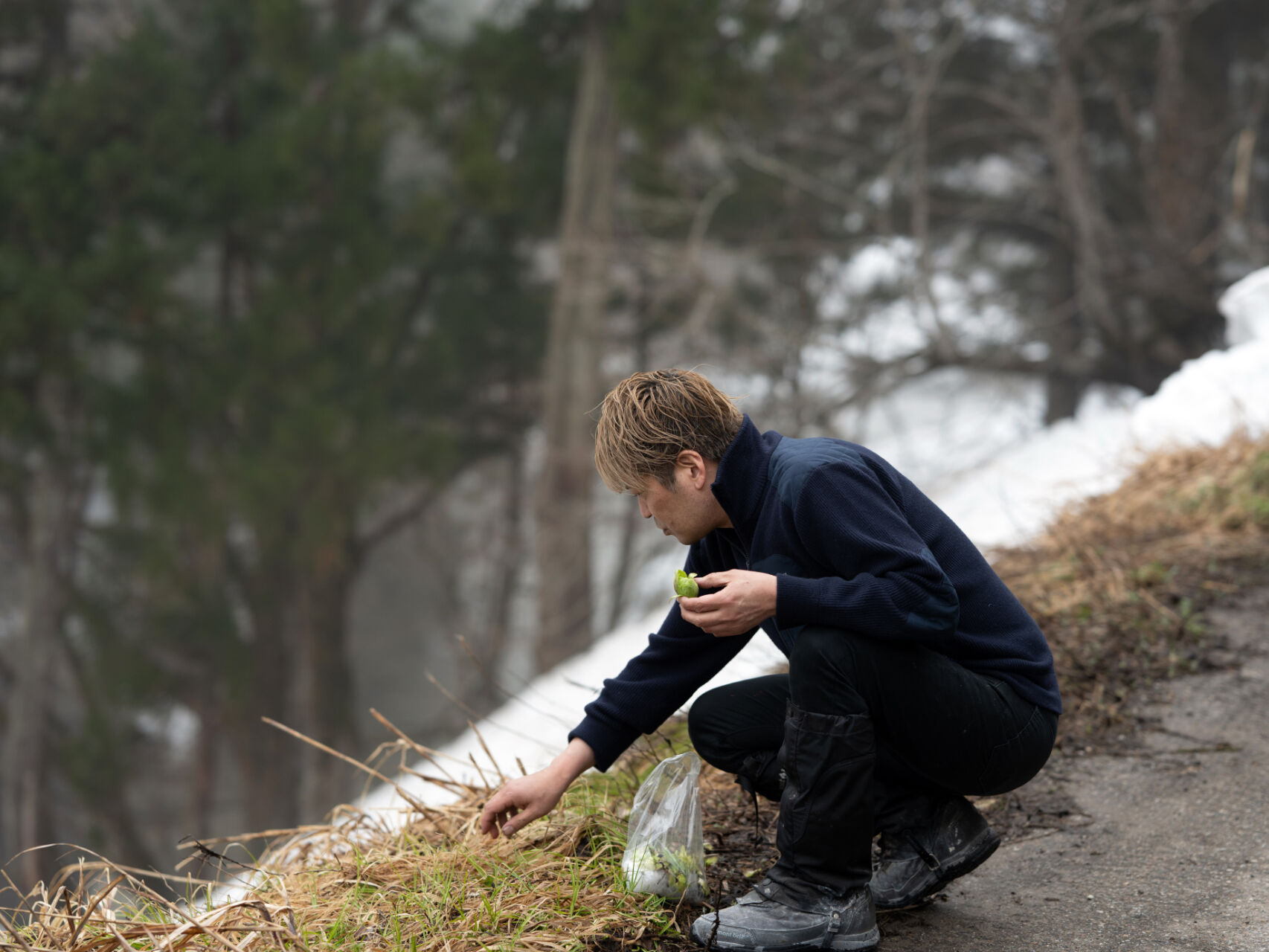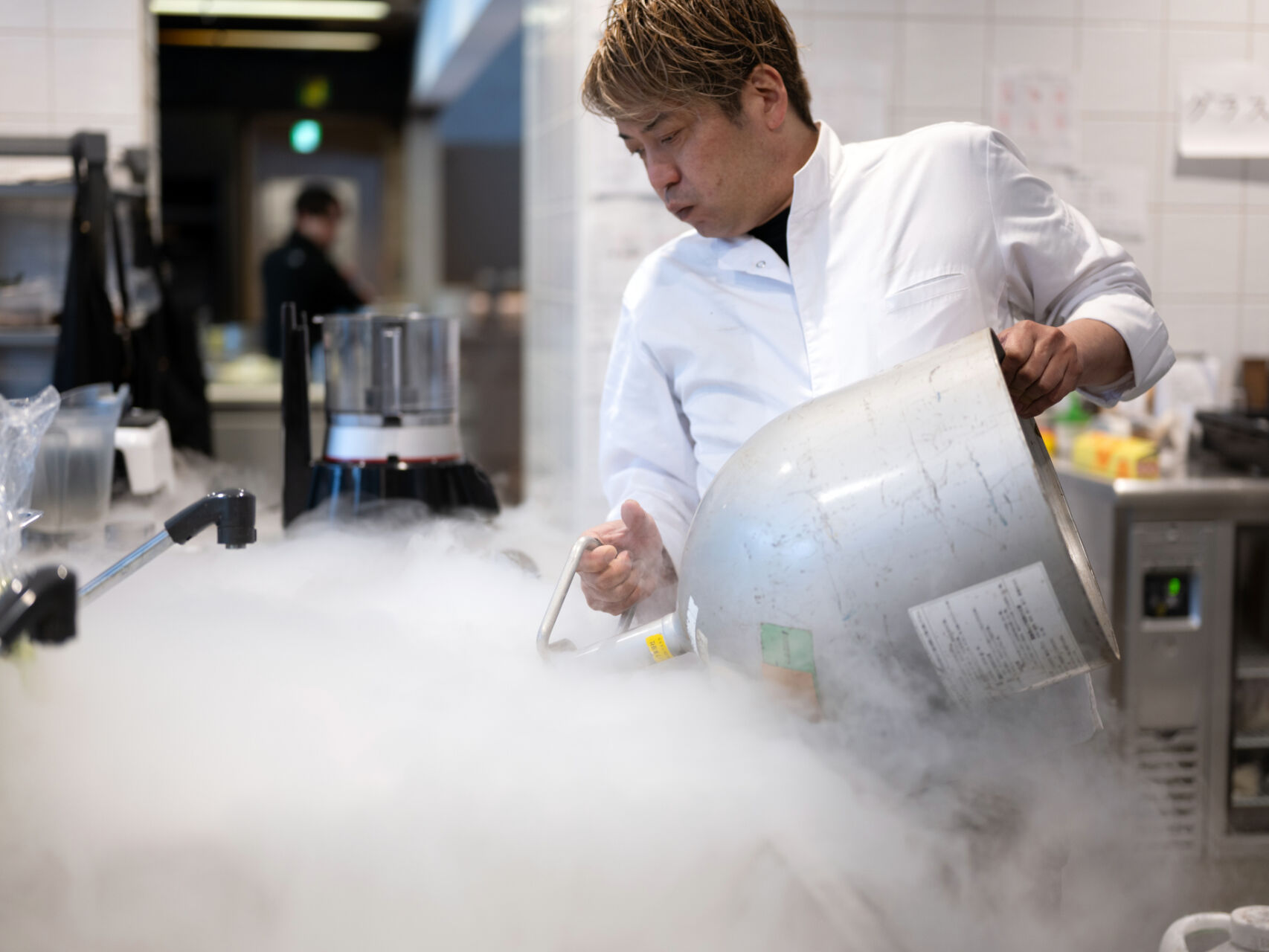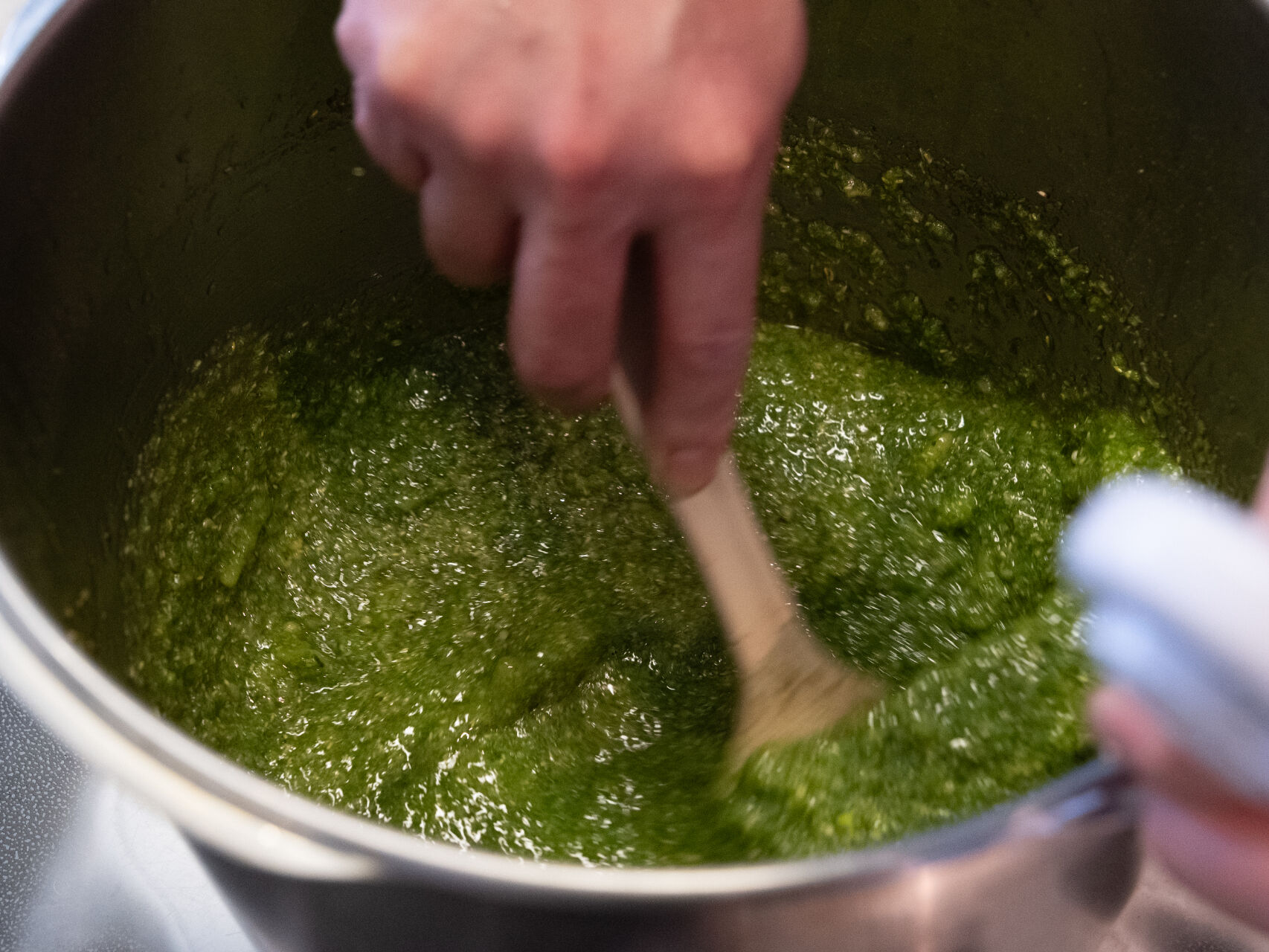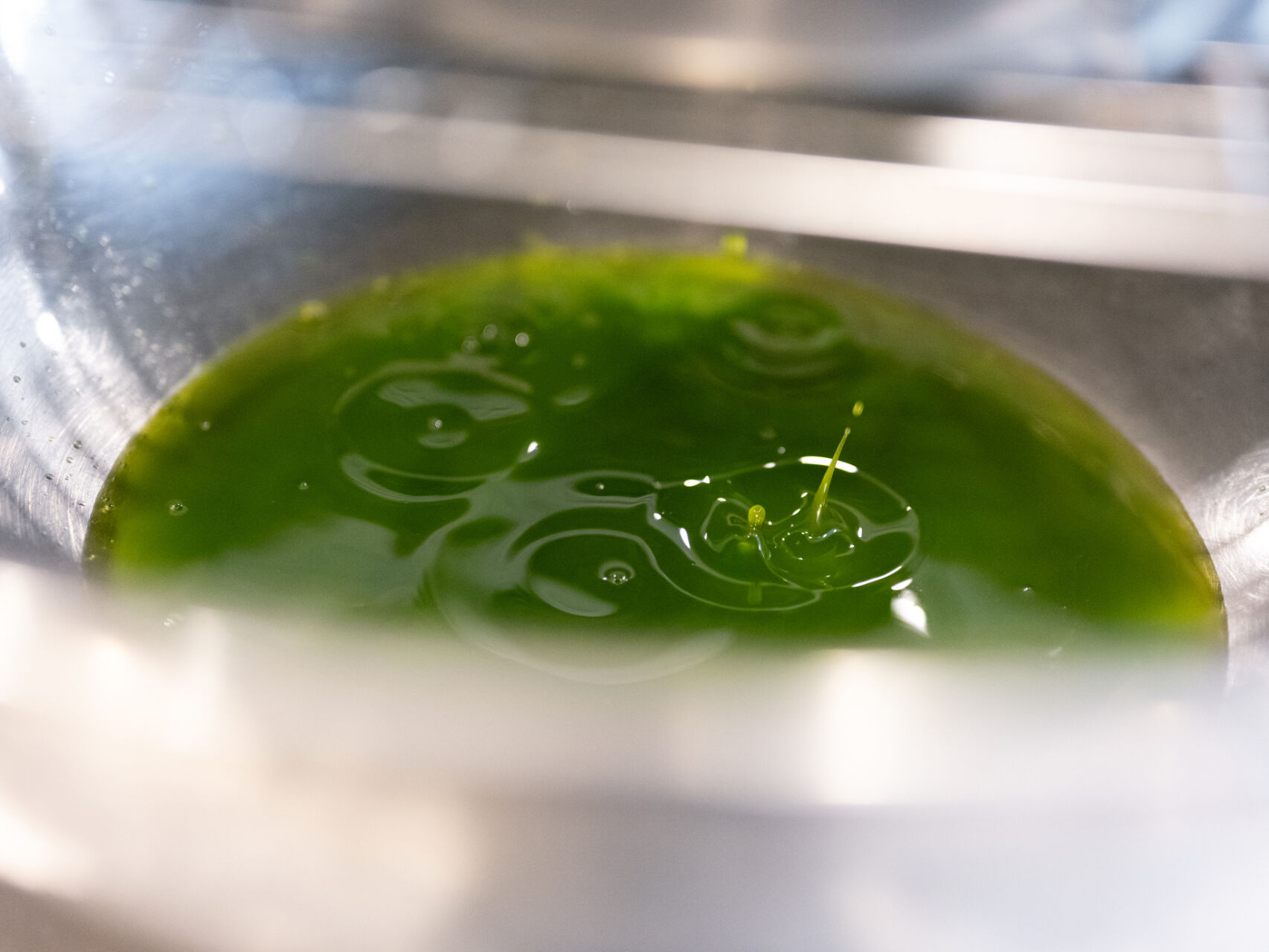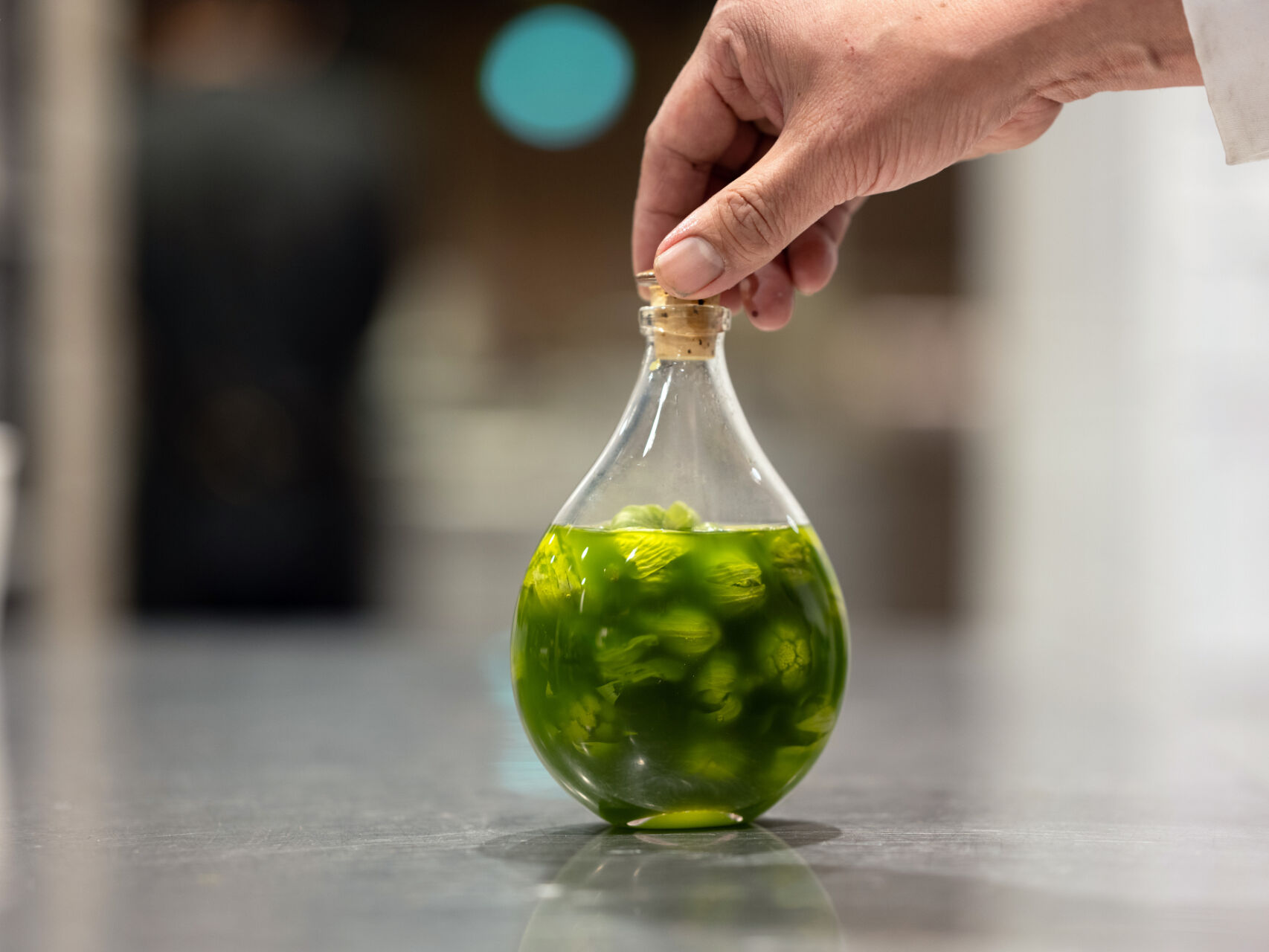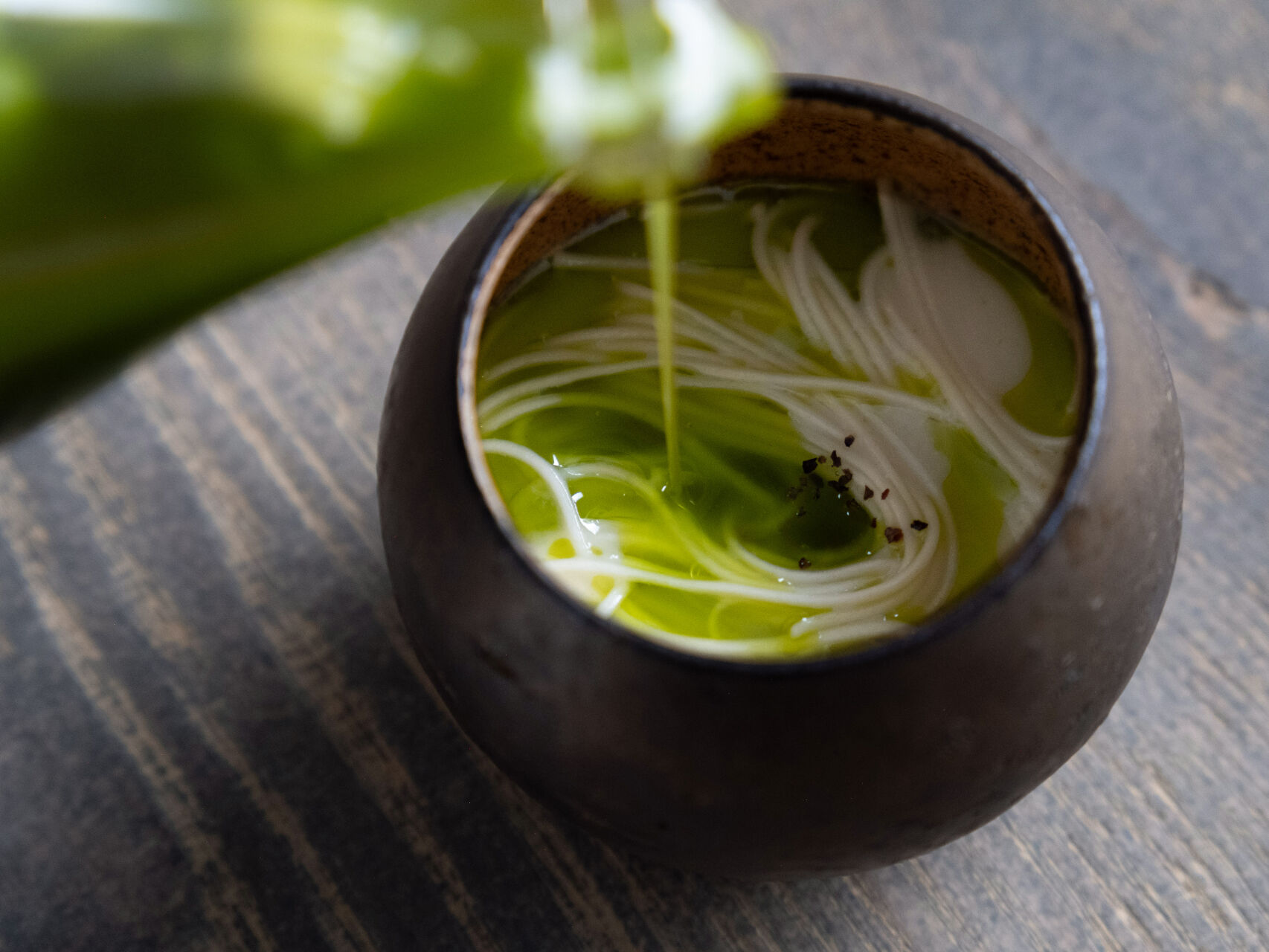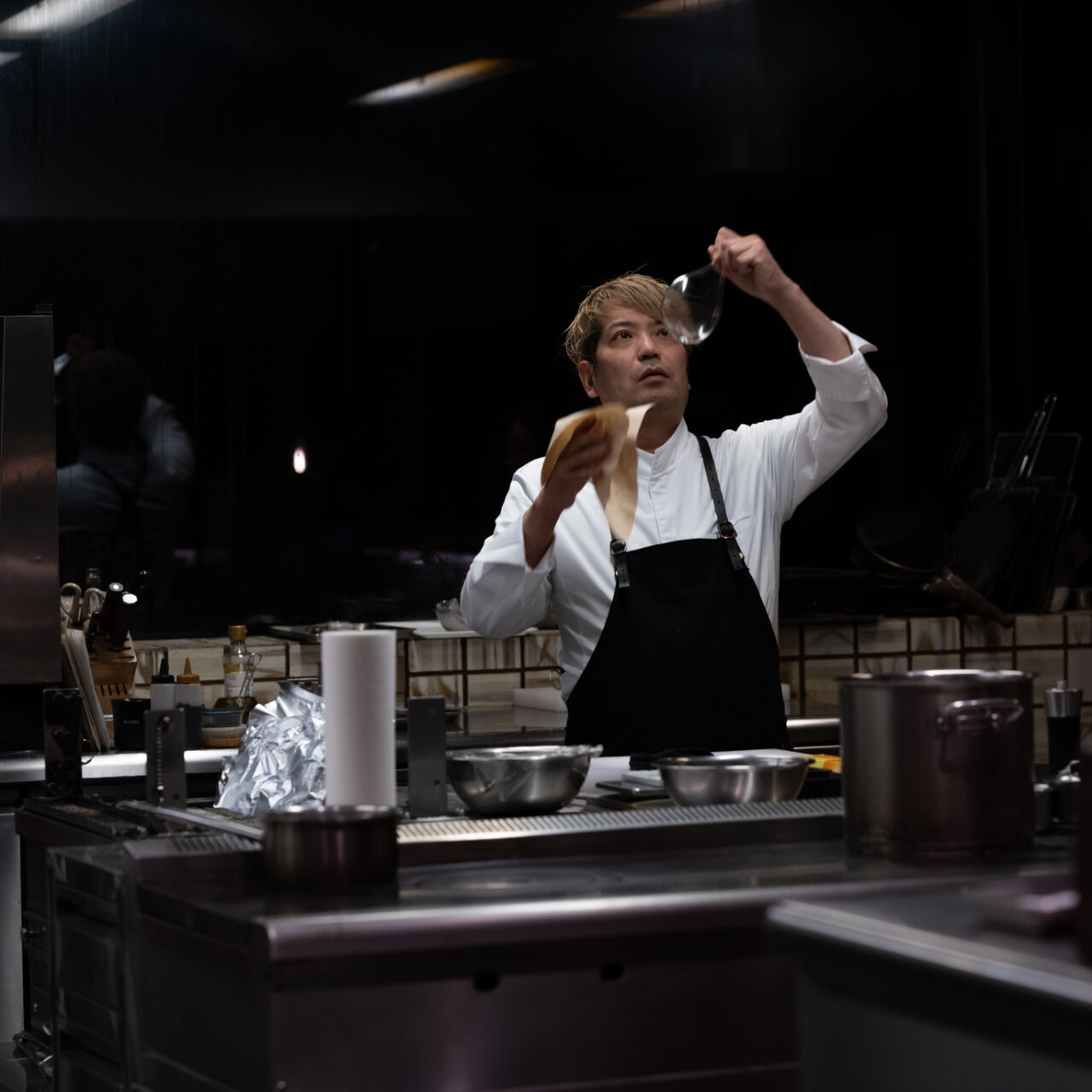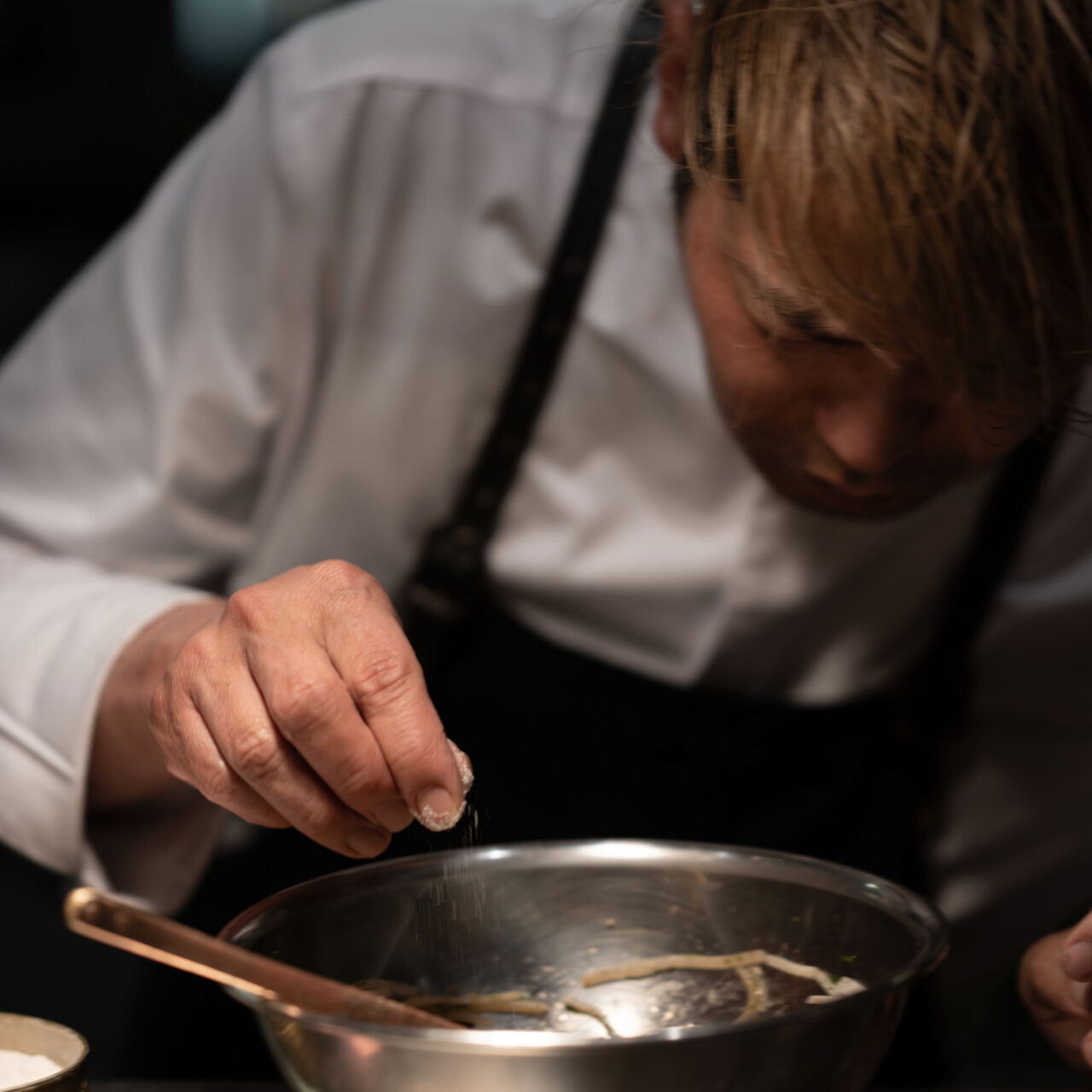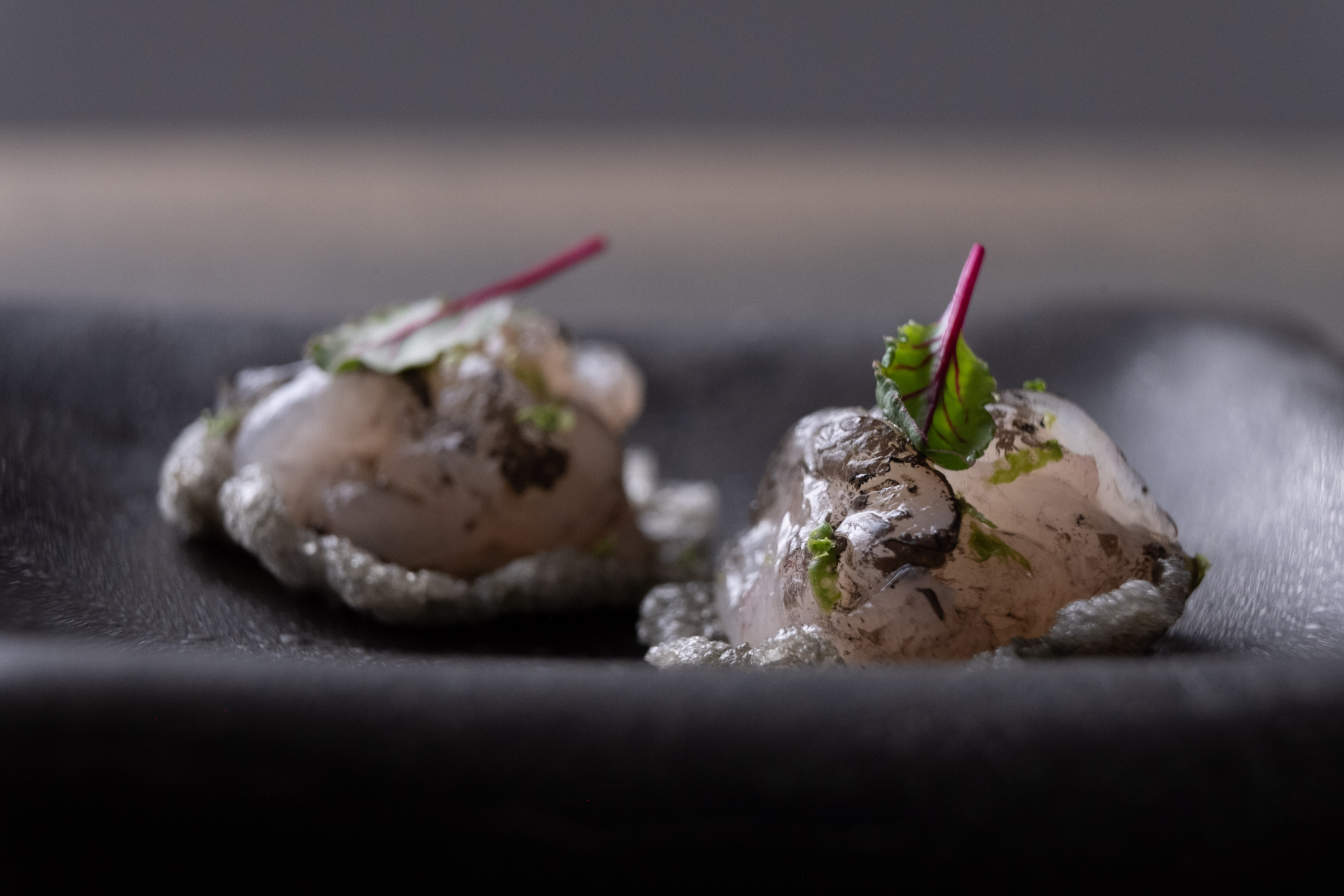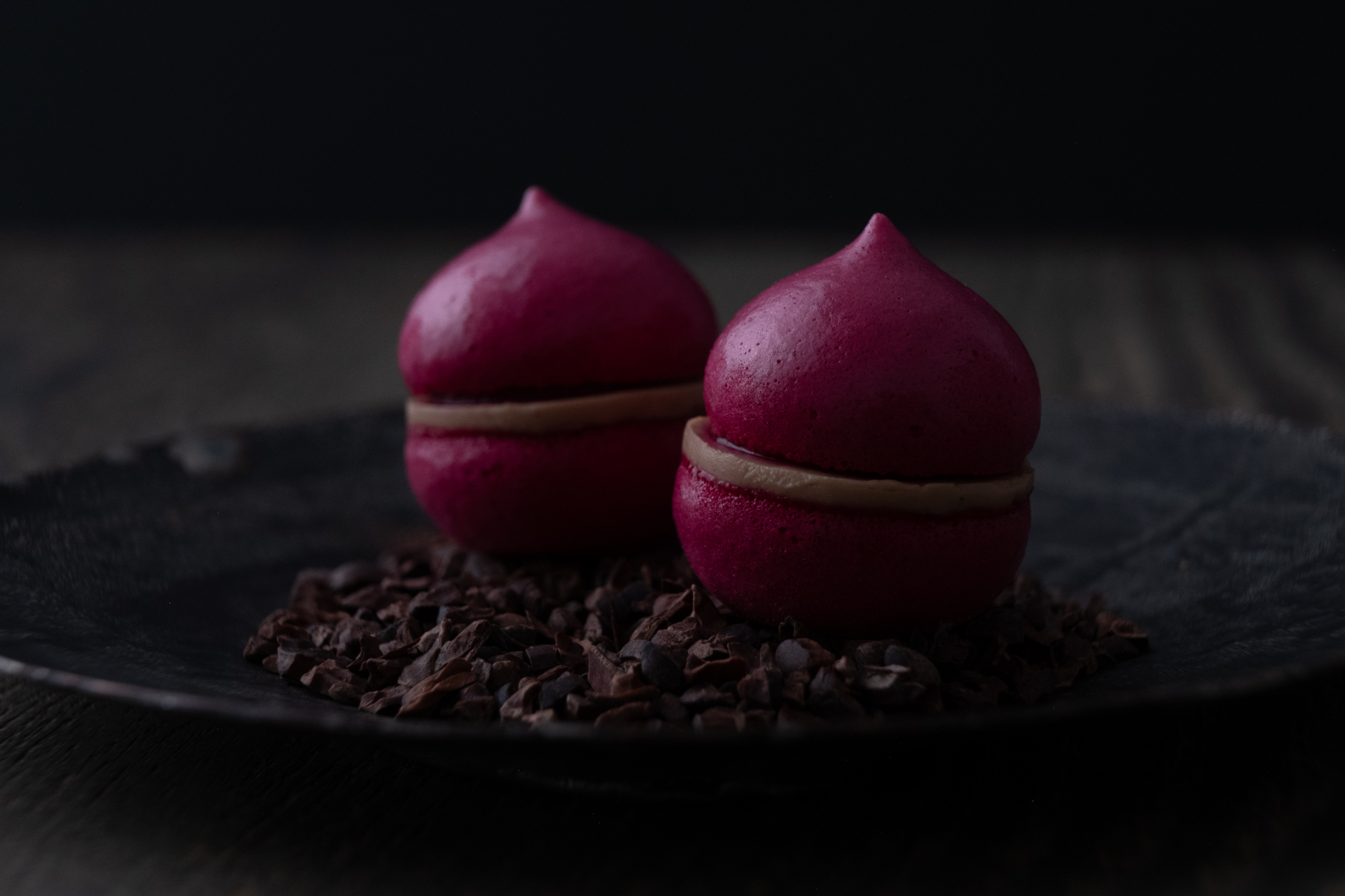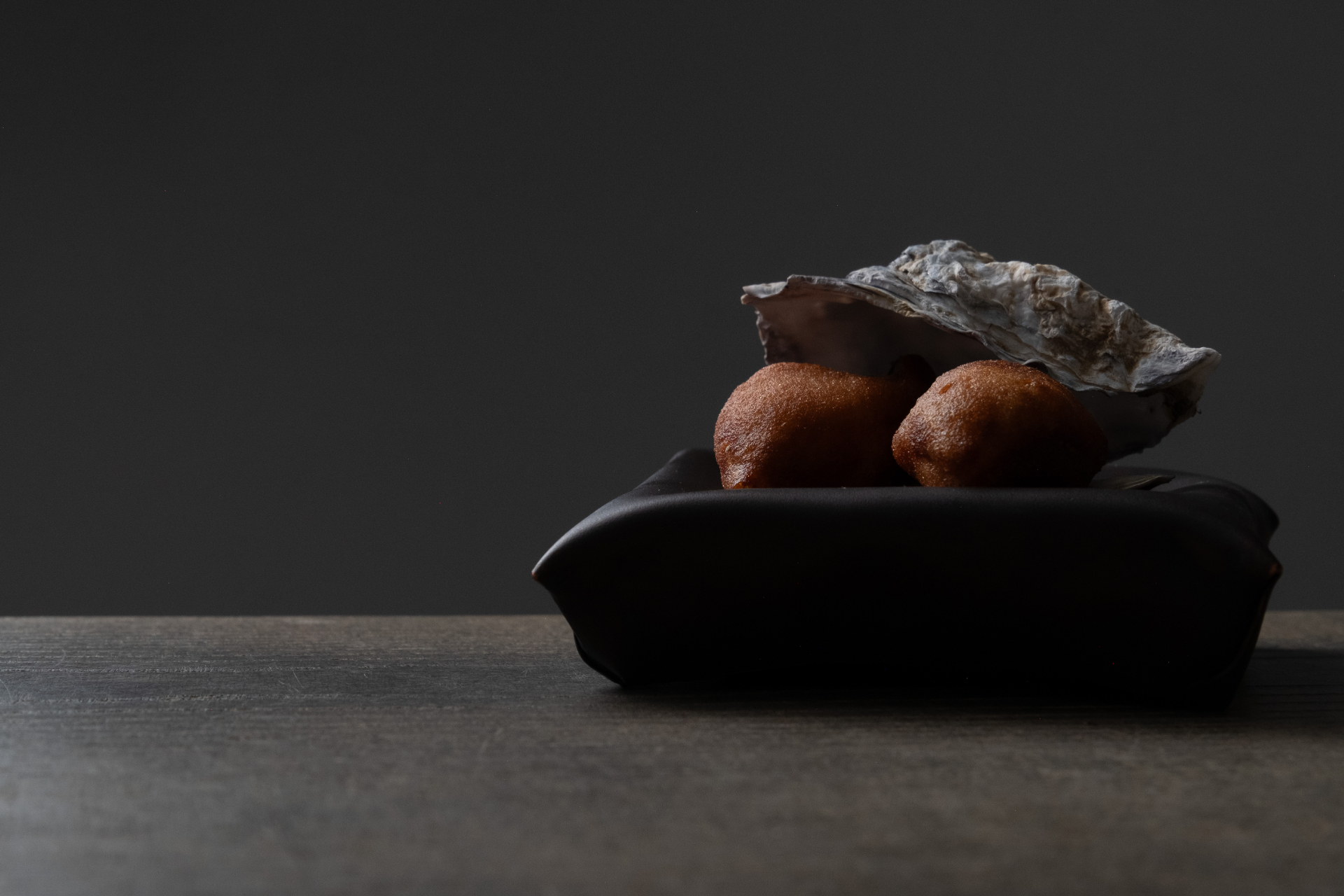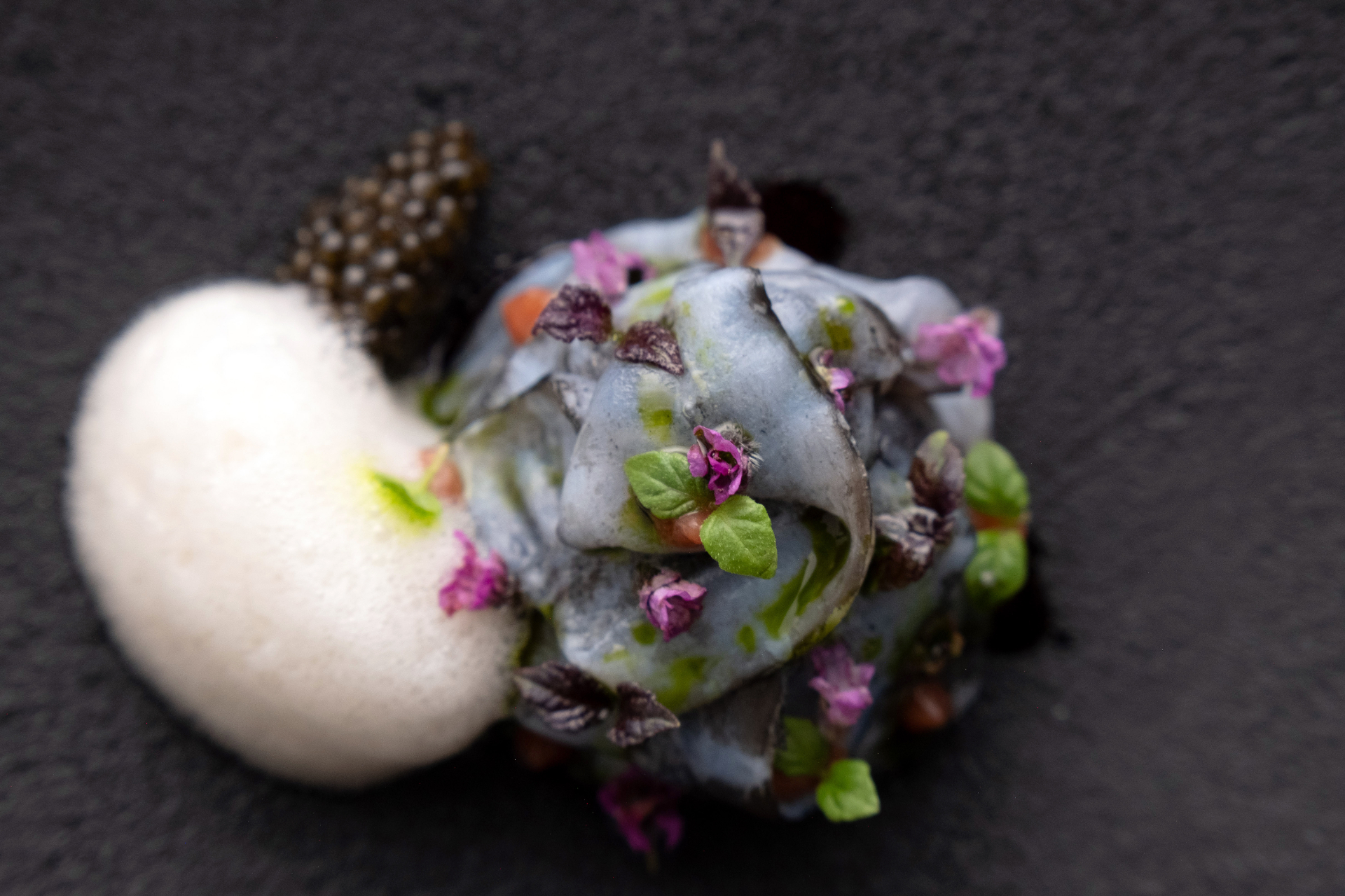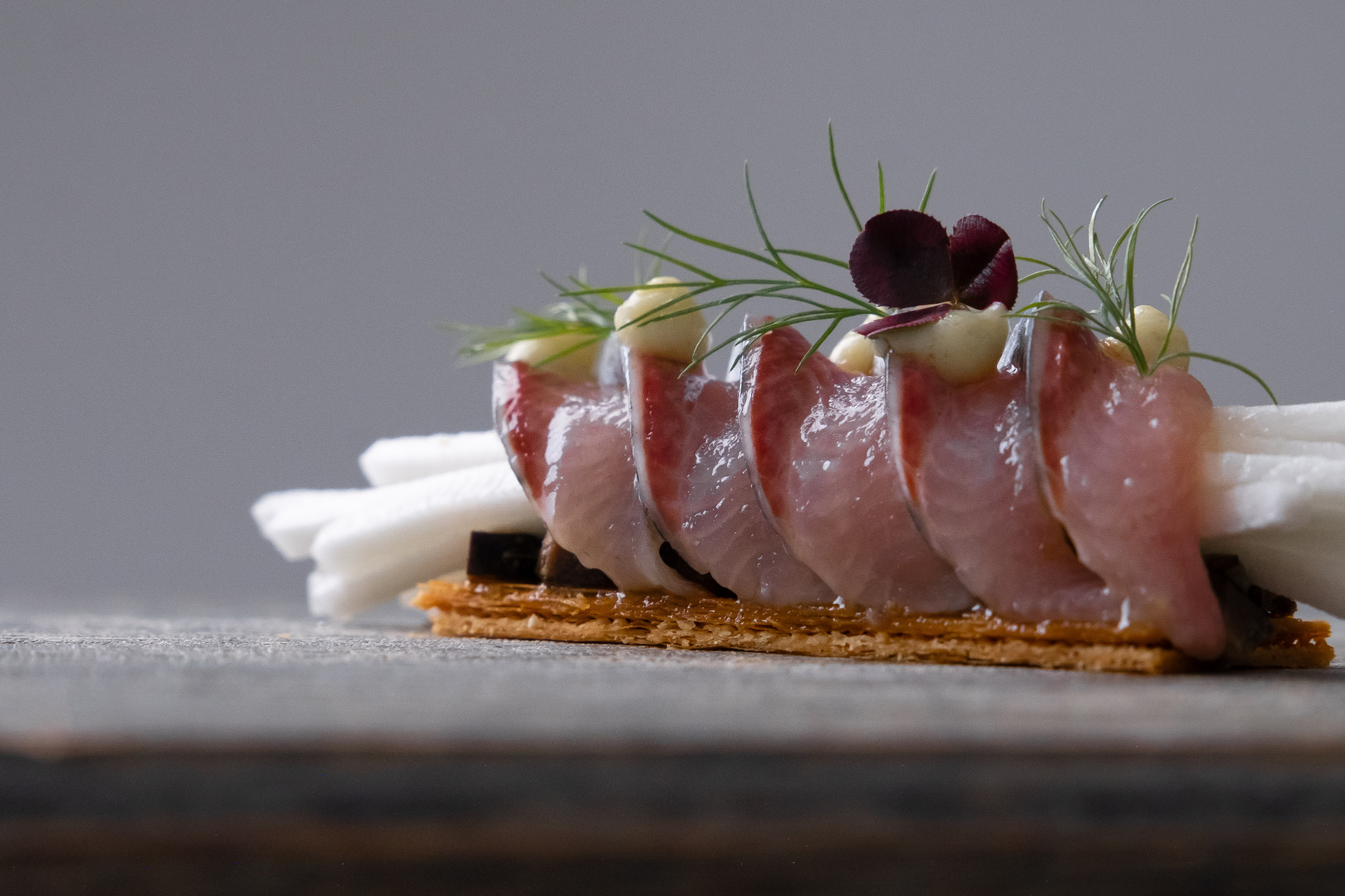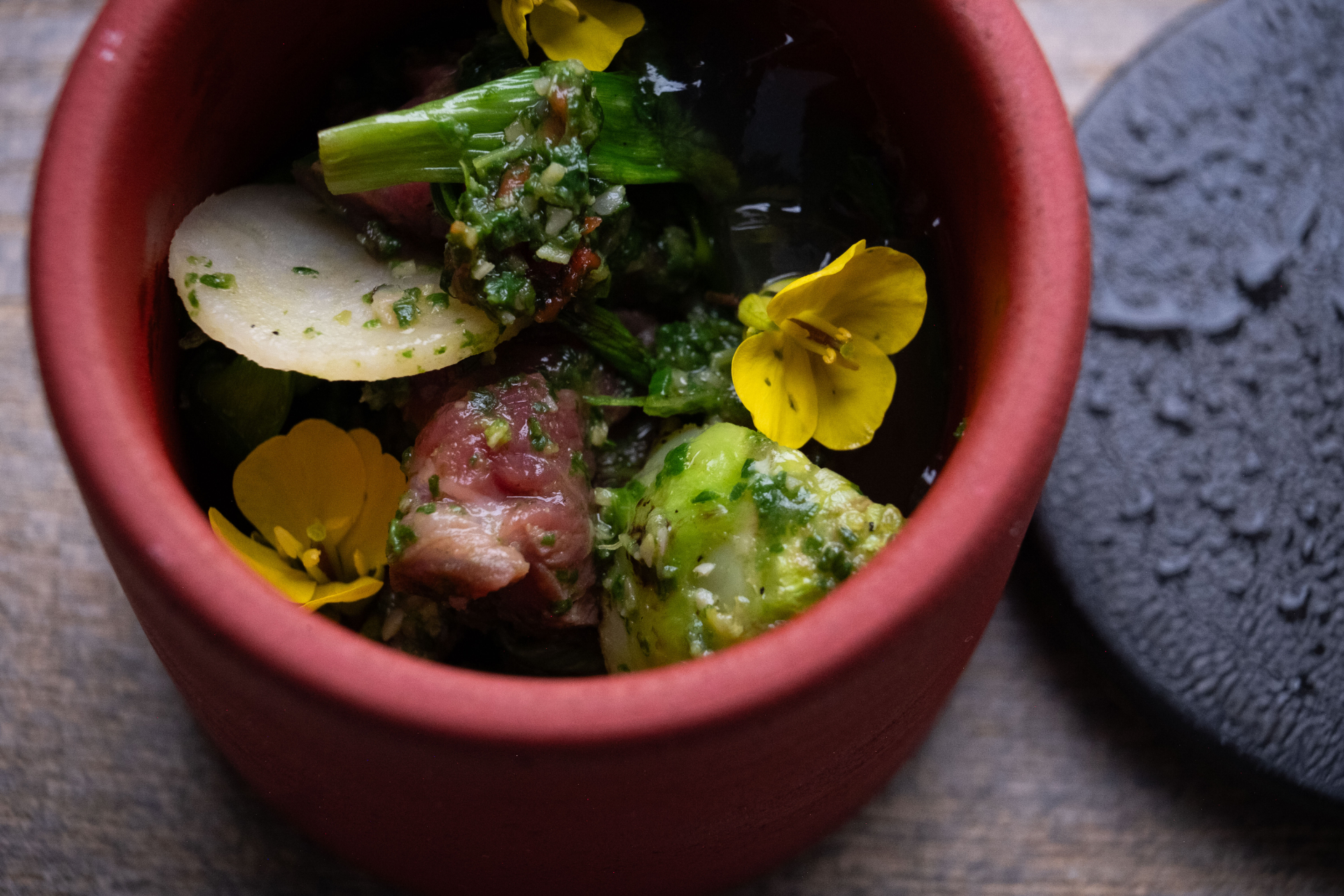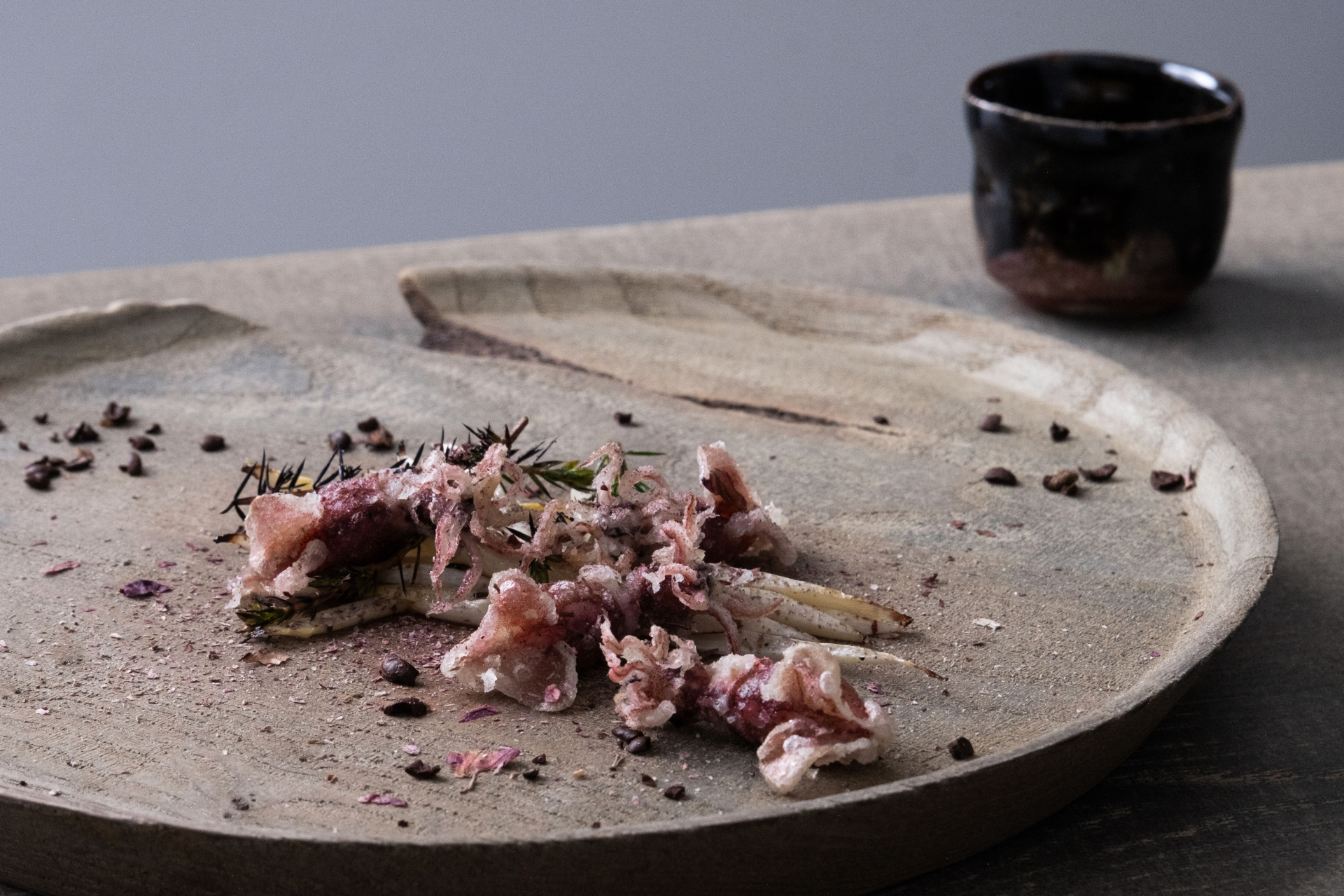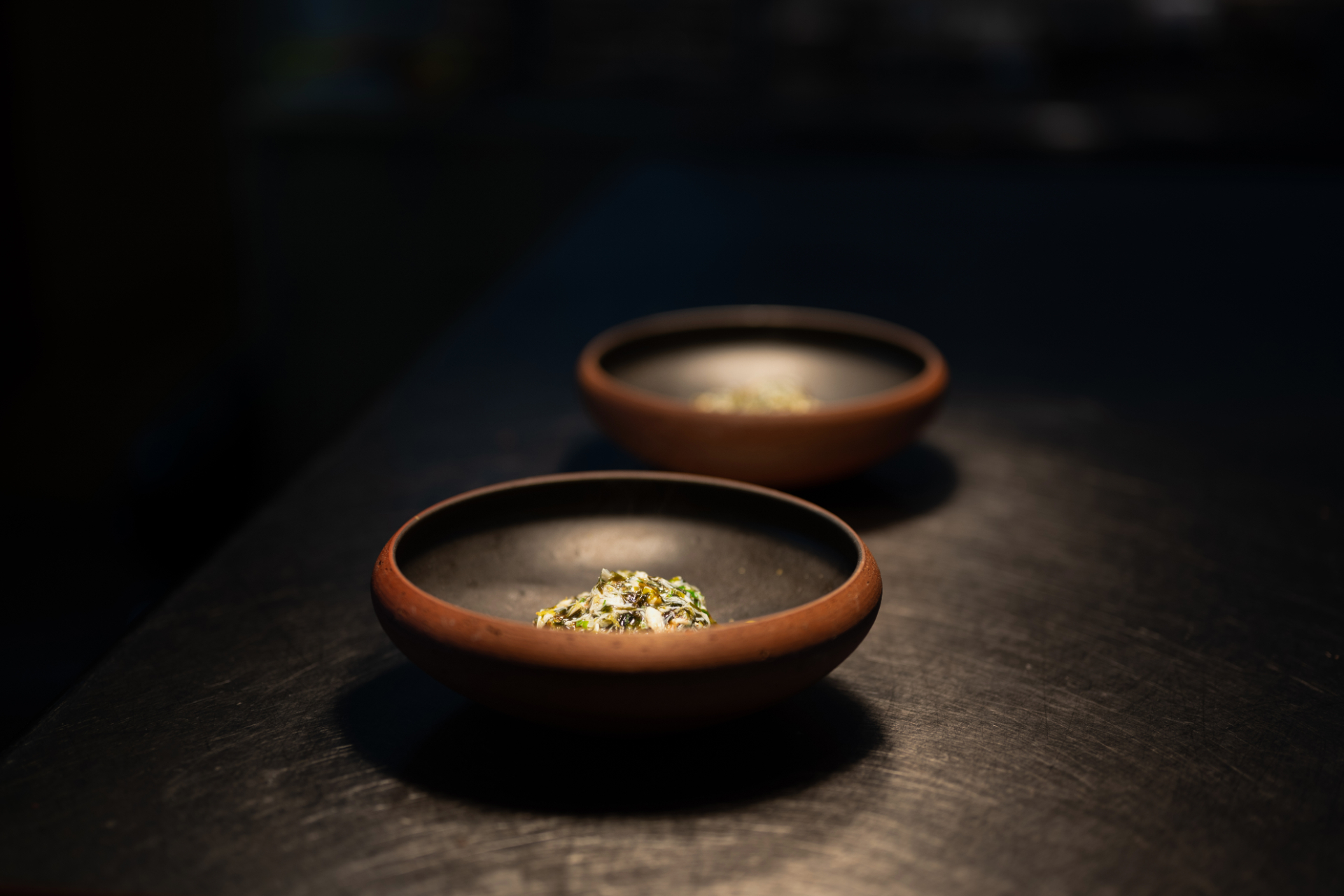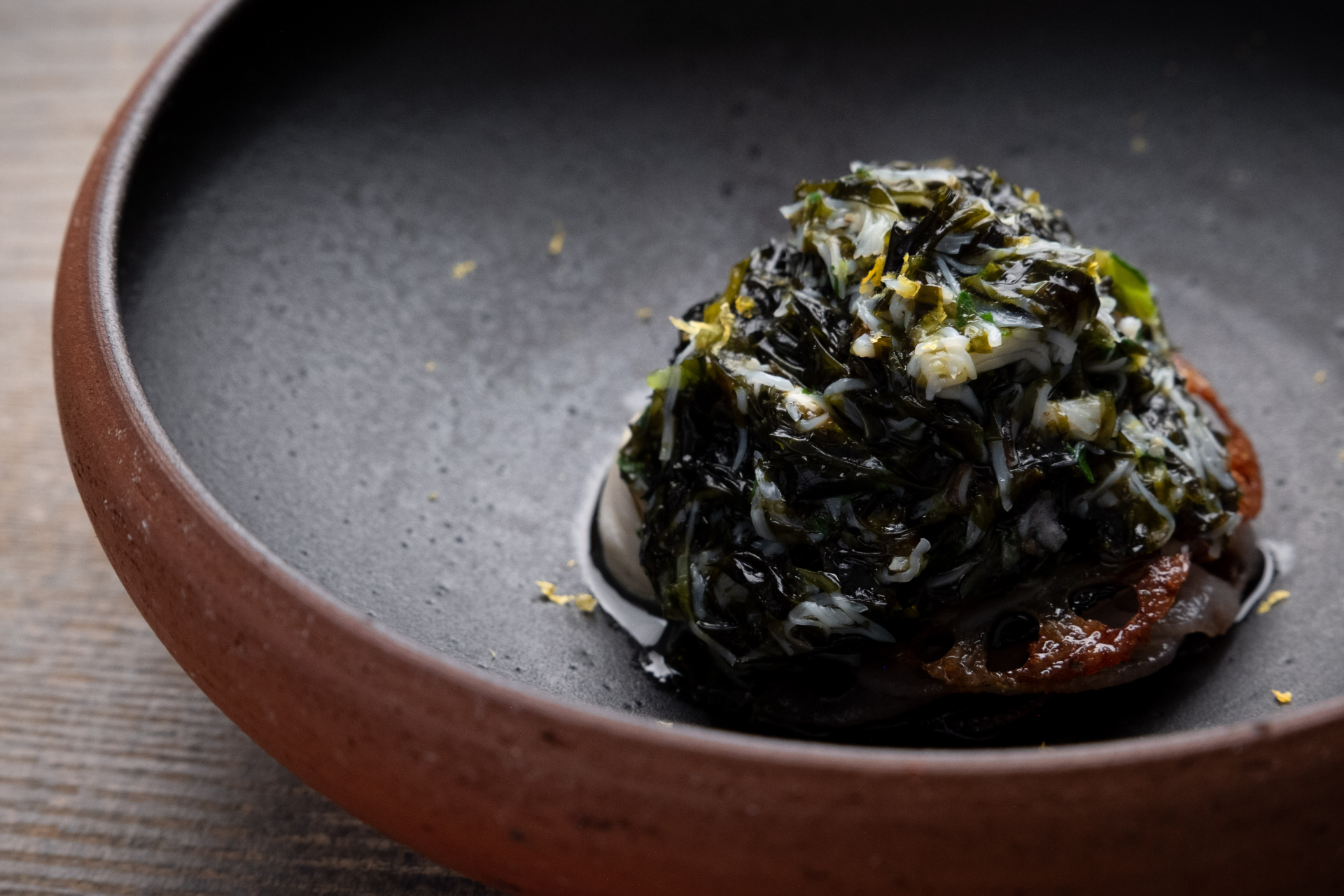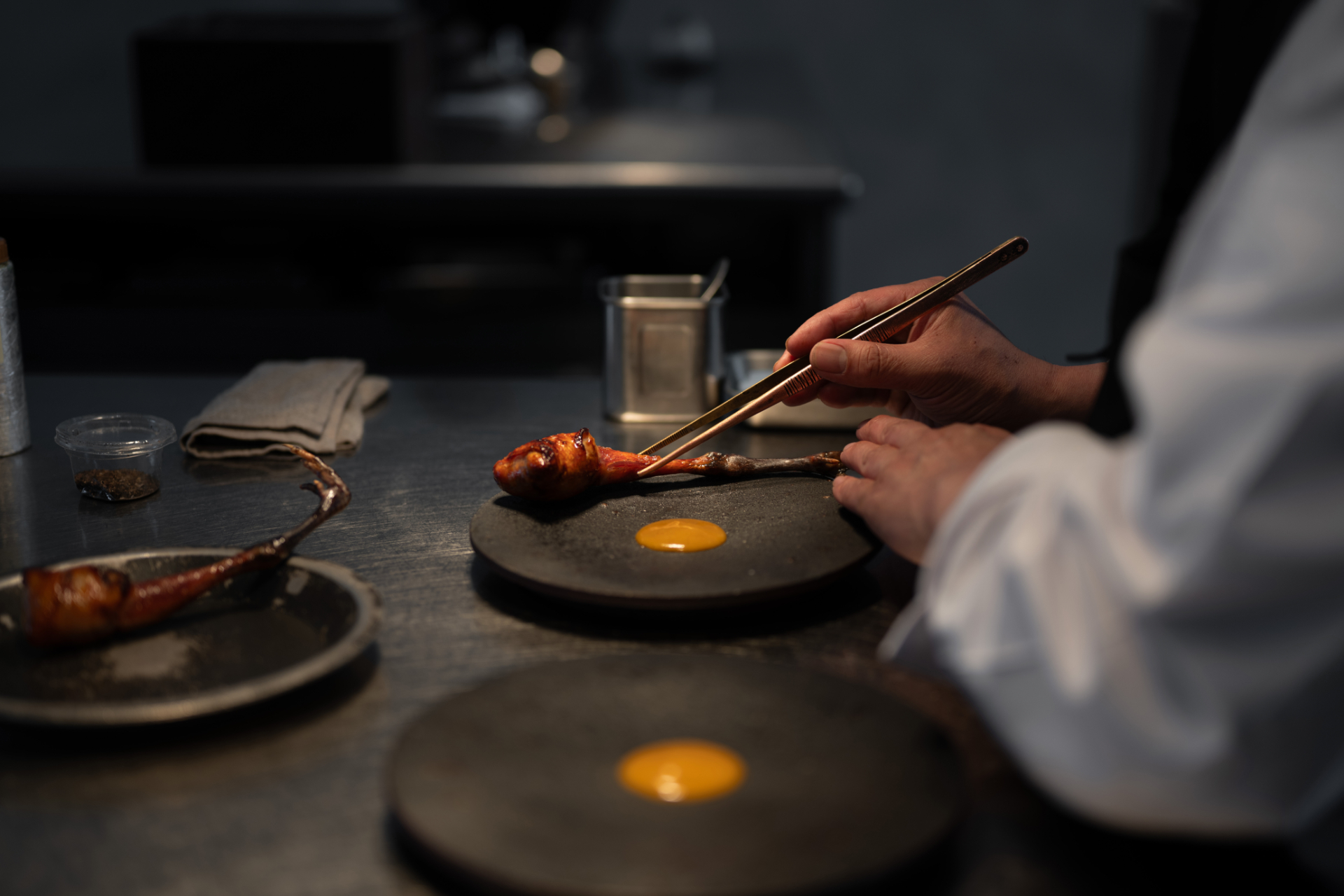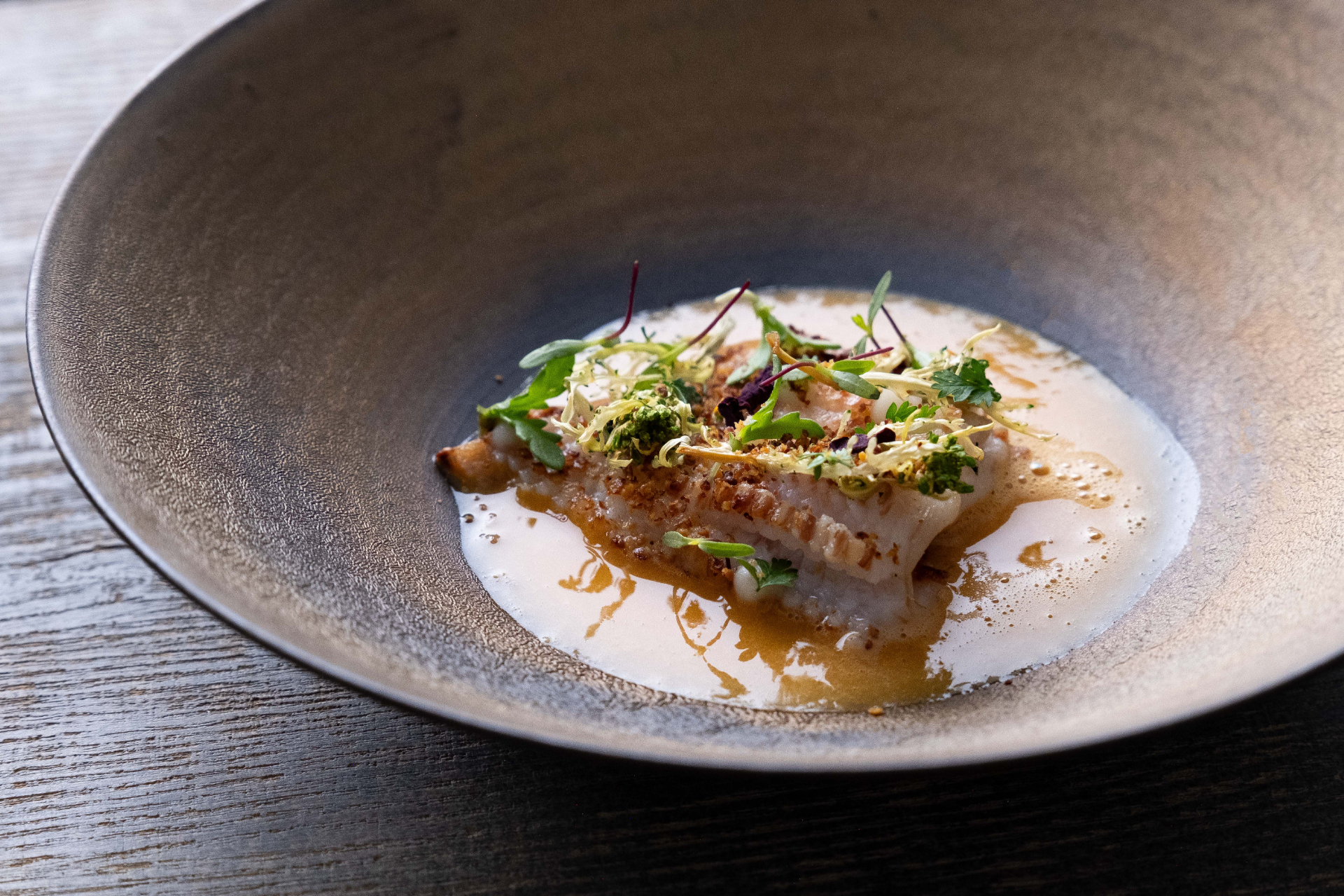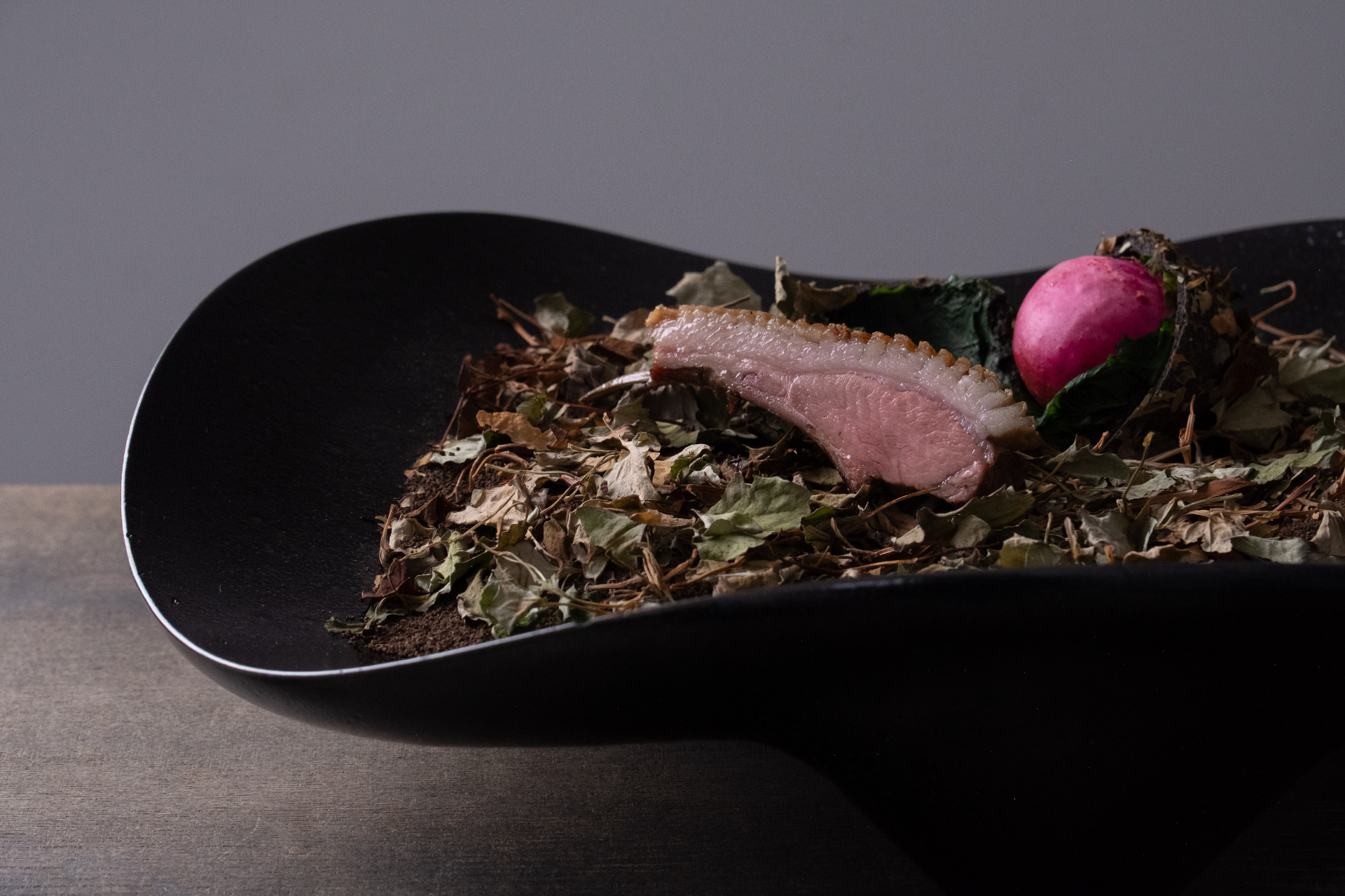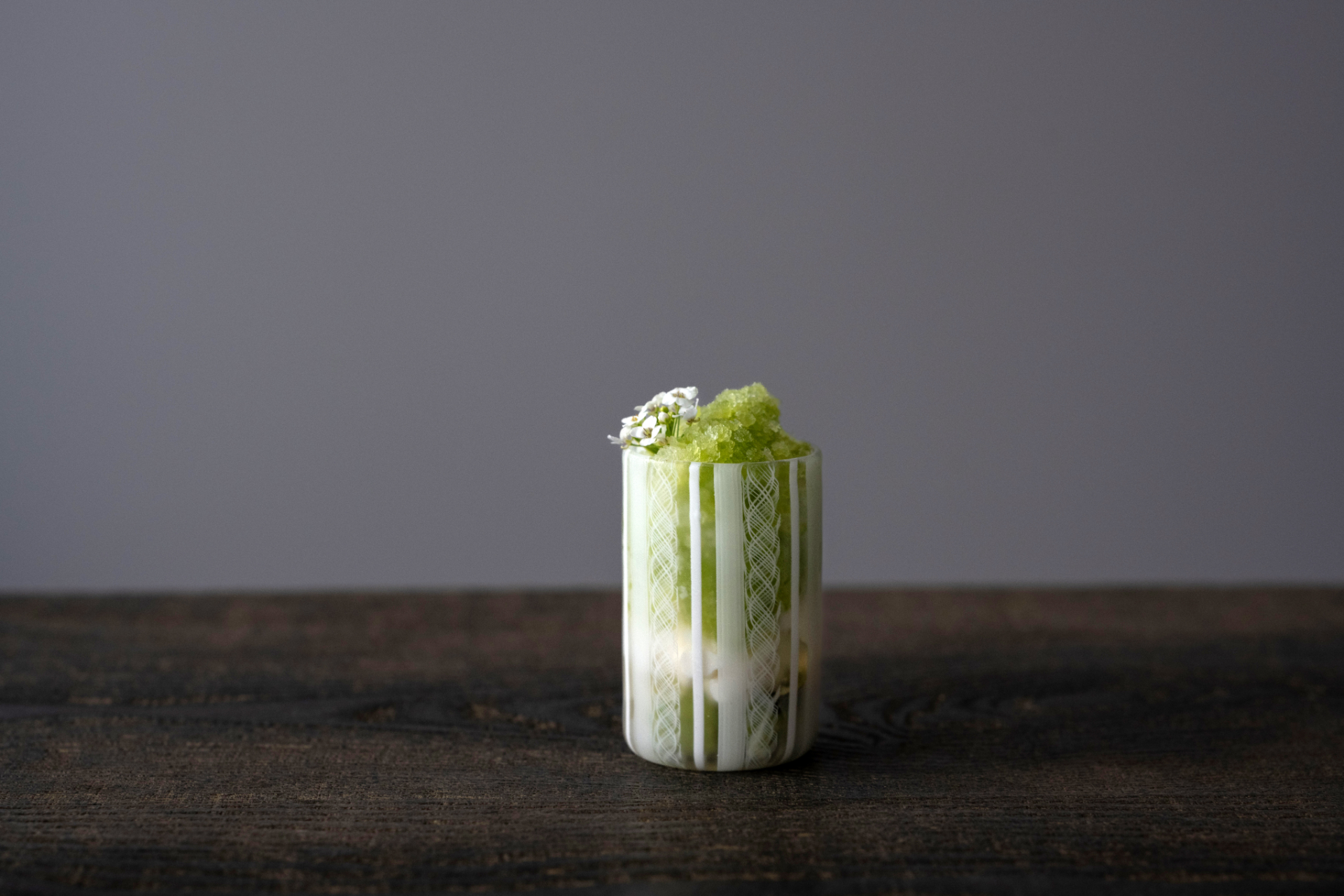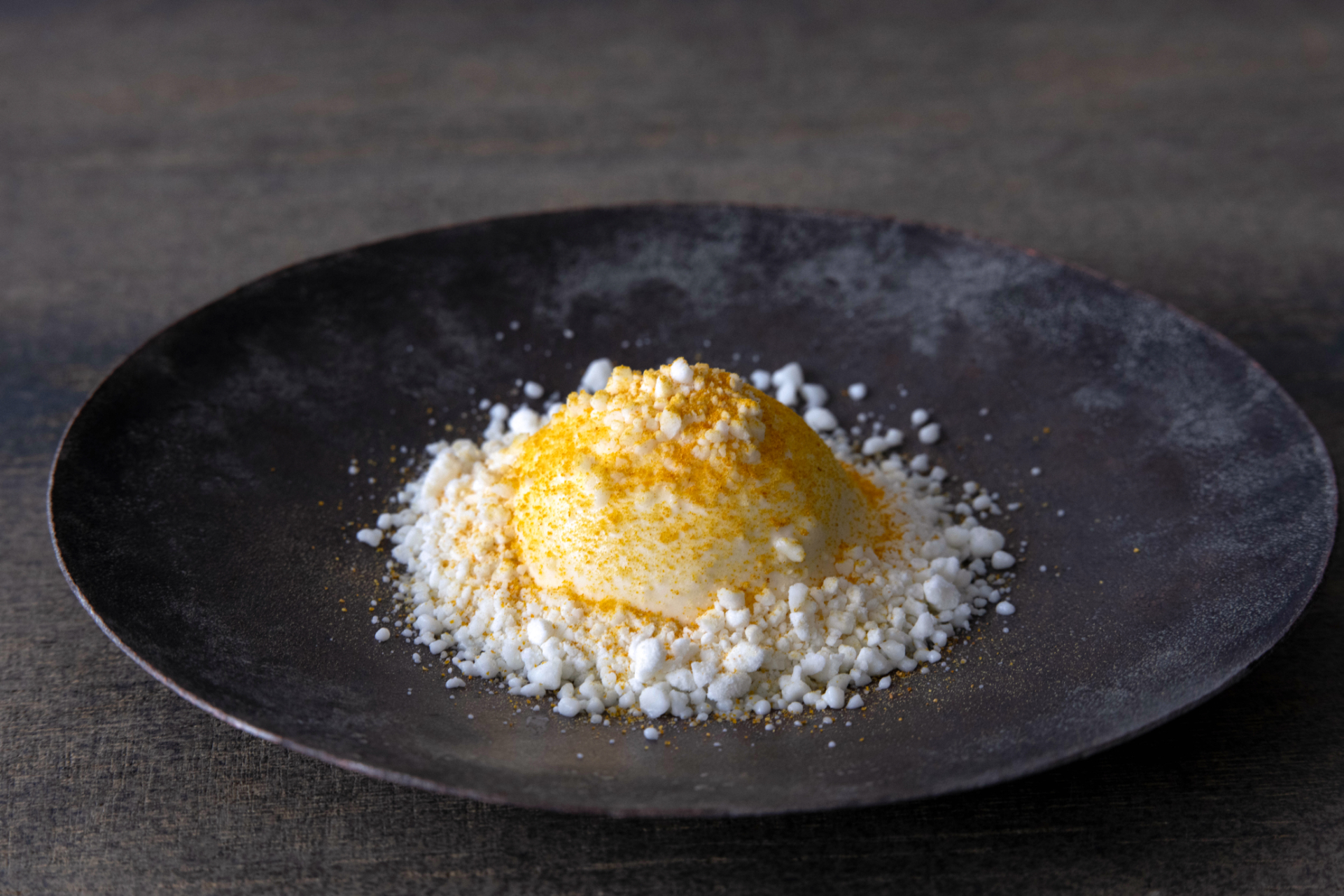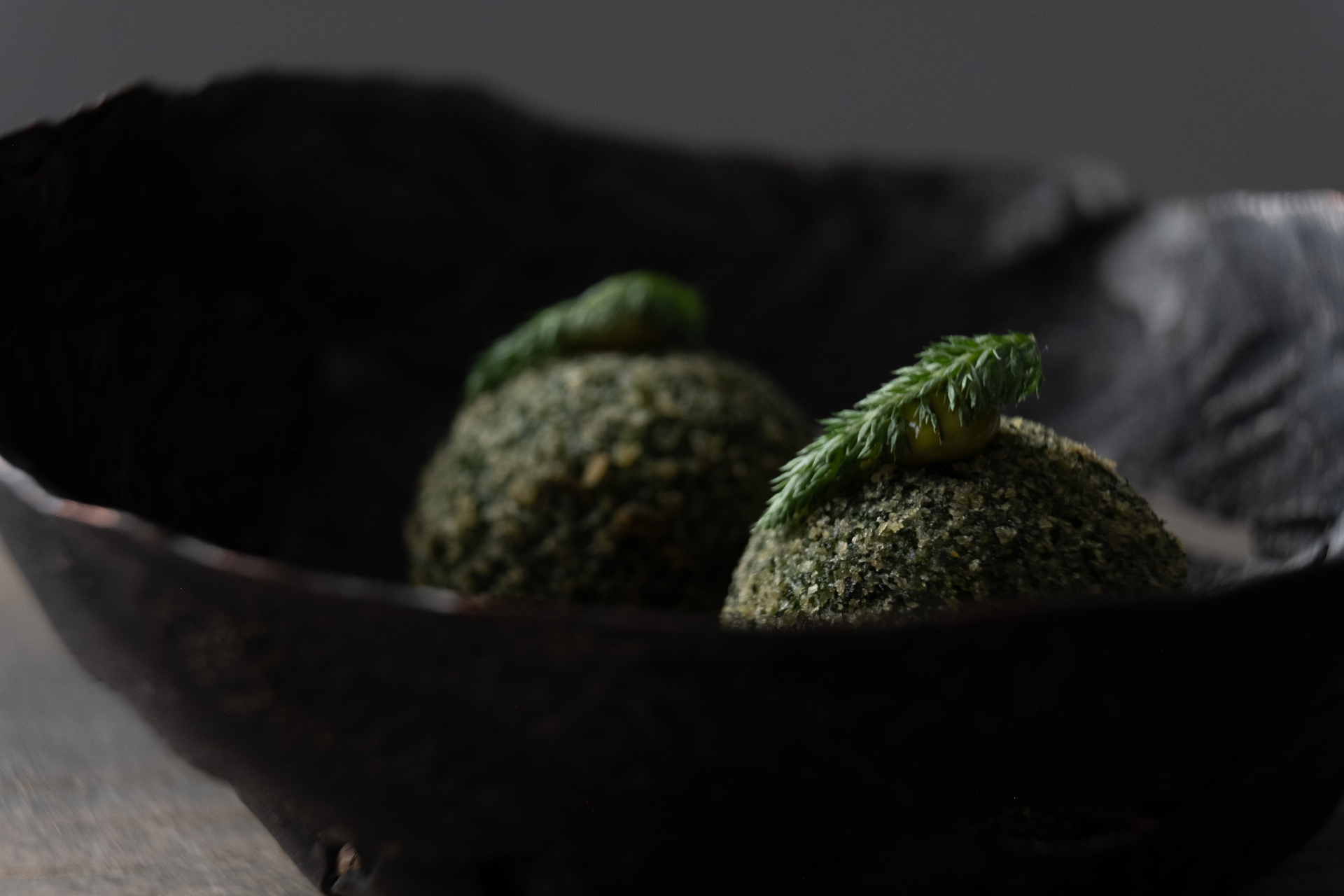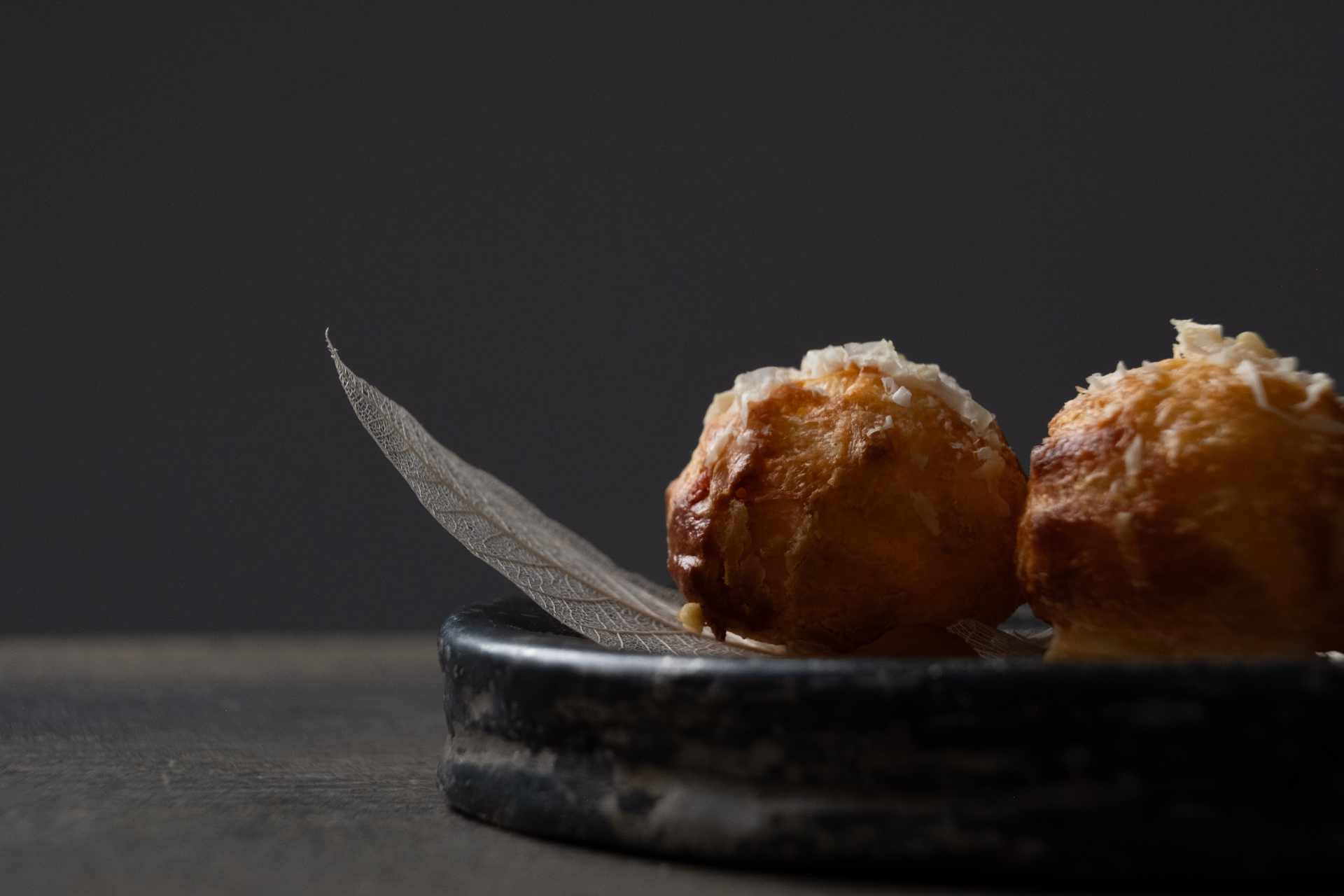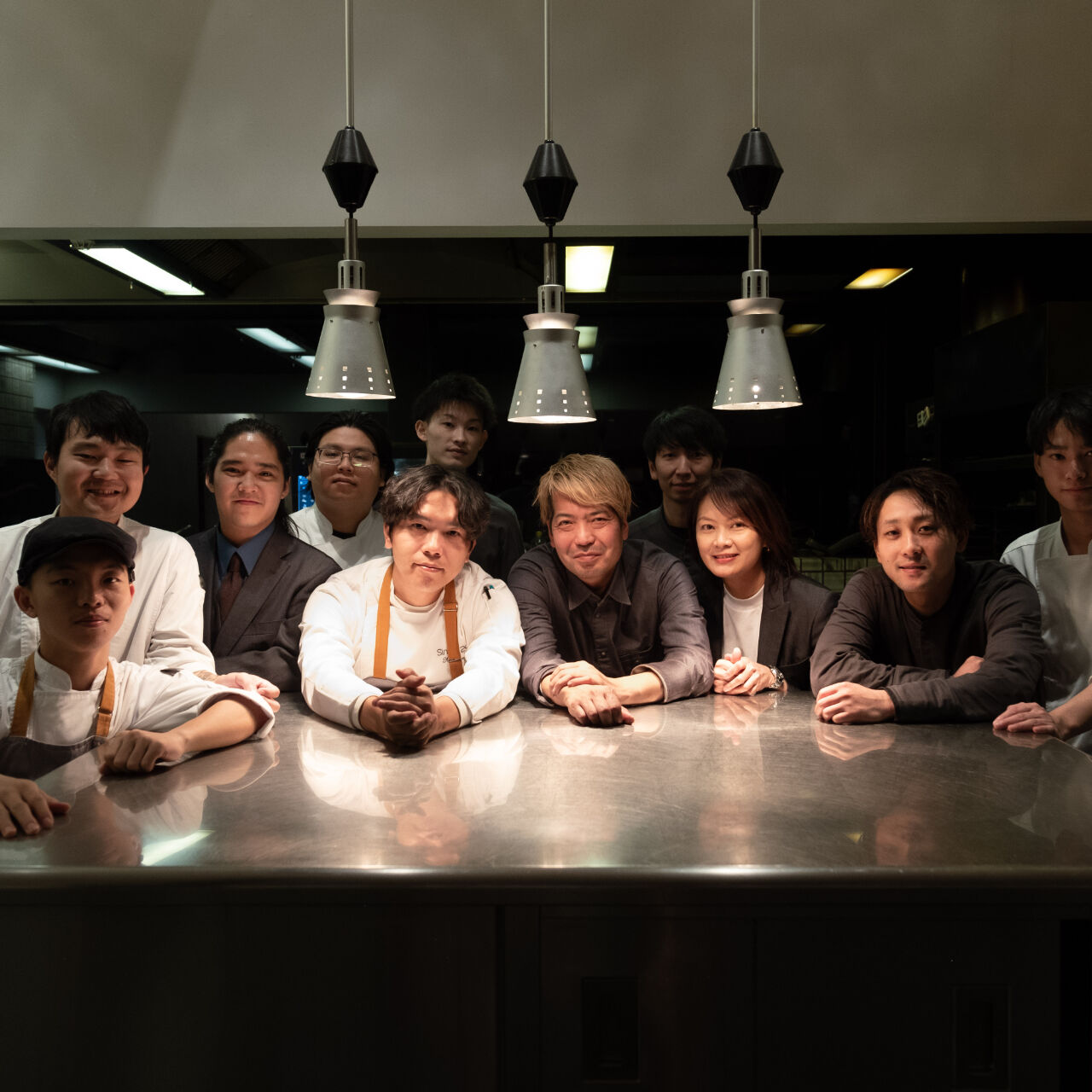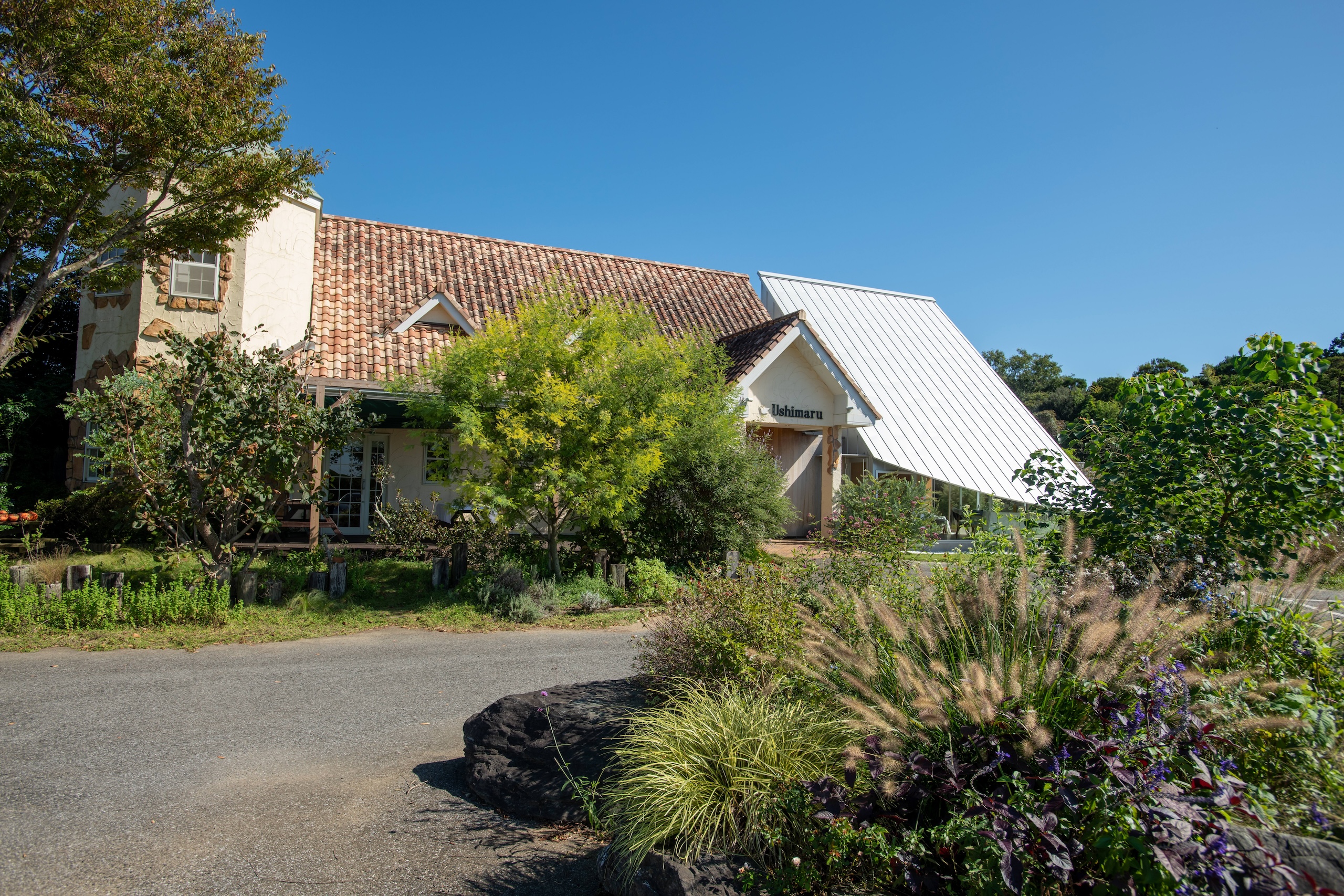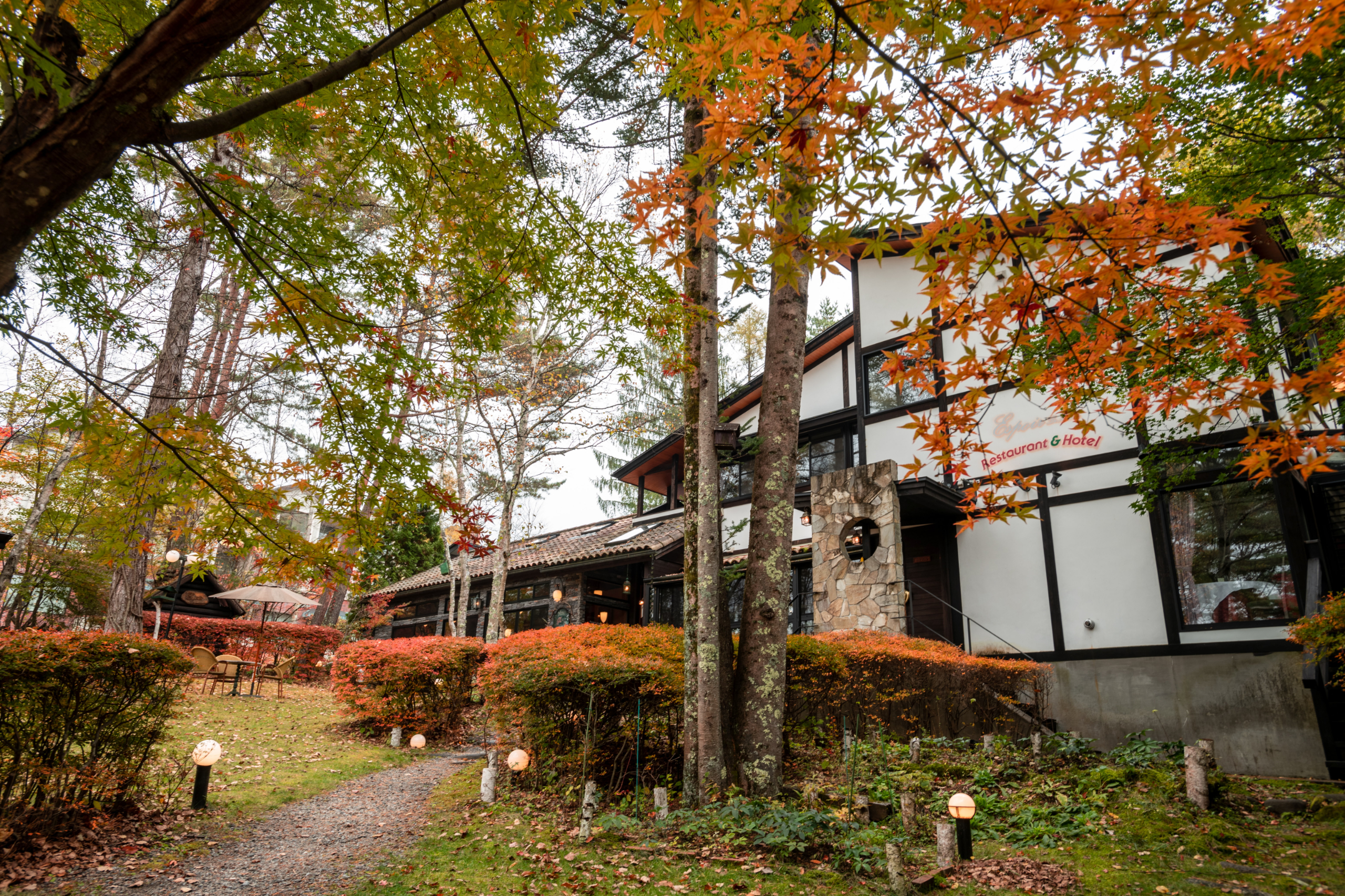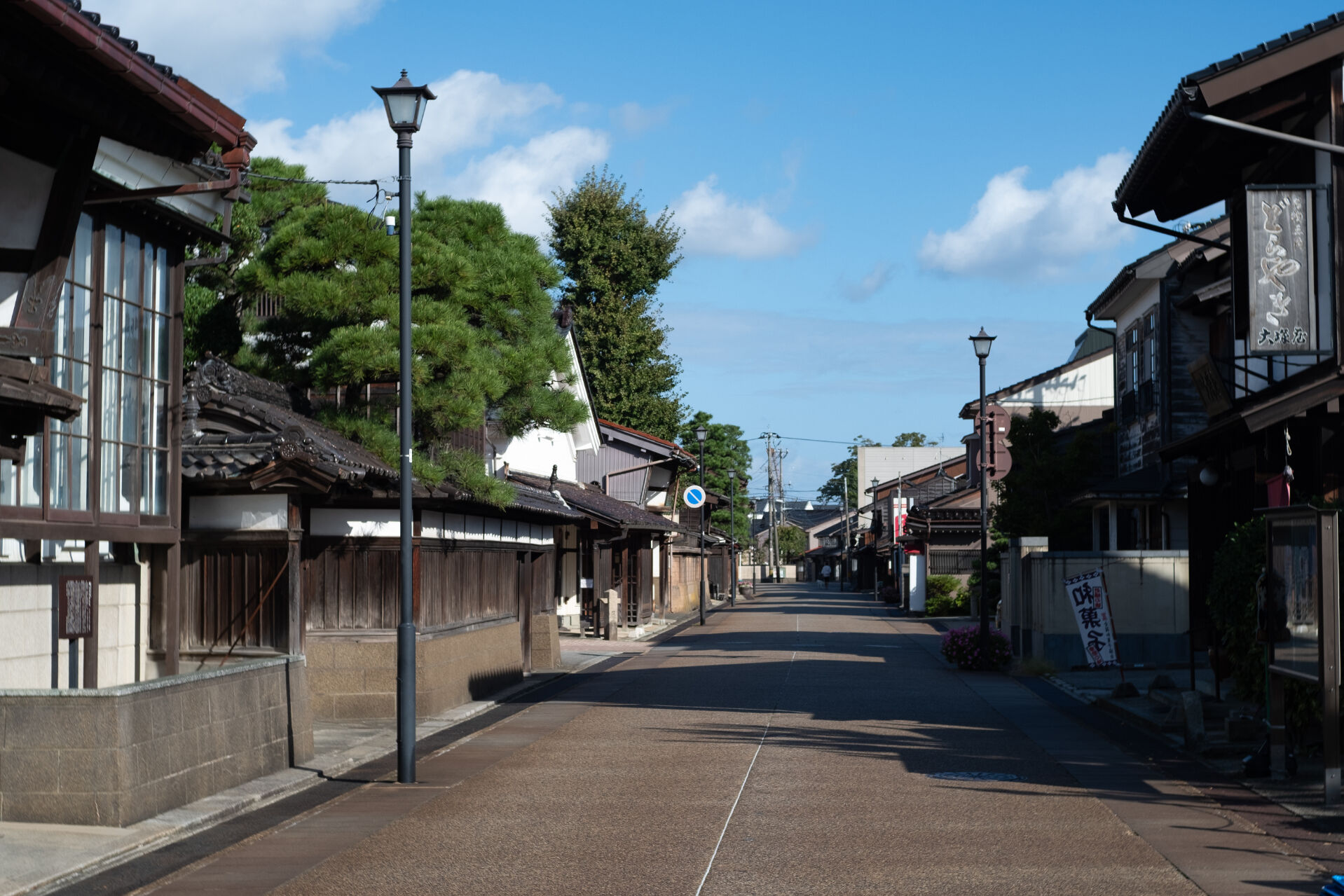Surrounded by towering peaks reaching 1,000 meters, L’évo relocated in December 2000 to the site of an abandoned mountain hamlet in what was once Toga Village—now a part of Nanto City in Toyama Prefecture. Reborn as an auberge restaurant, its culinary evolution has been recognized not merely as progress, but as a form of deep innovation—one that refines, rather than reinvents.
Toga Village is known for heavy snowfall, often exceeding human height, and for its rapid depopulation in recent decades. Scattered throughout the area are patches of desolate, overgrown mountain terrain—remnants of a once-inhabited landscape. But for Chef Eiji Taniguchi, this isolated environment was not a burden—it was an untapped reservoir of ingredients. Having relocated with his entire team, Taniguchi has allowed the soil, water, and air of Toga to permeate his senses. His cuisine continues to evolve in tandem with this place.
L’évo is now seen as one of Japan’s most pioneering and original auberge restaurants. To explore its magic, we turned to Yusuke Takano, a trusted photographer residing in Yatsuo Town, Toyama City—an area known for its cultural heritage—who has long been a close confidant of the chef.
In the deep of winter, Chef Taniguchi begins each day not in the kitchen, but in the driver’s seat of a snowplow. When the region is covered in snow several meters deep, as it was in 2025, he personally clears the route—down steep slopes, over the bridge crossing the Toga River, and along the final winding path to the auberge. With practiced skill, he ensures that his staff can arrive safely and that guests can be received with warmth, despite the frozen landscape.
As late spring begins to arrive in the mountain village, when snow still clings to the ground, fuki no tō (butterbur sprouts) begin to emerge. Their sharp fragrance and signature bitterness are a vital essence in Taniguchi’s cooking. Trained under culinary masters in Japan and France, he harnesses this fleeting mountain harvest to create an annual supply of butterbur oil—an ingredient central to one of his signature dishes: Ōkado Somen.
L’évo’s cuisine is built on two pillars: reflection and iteration. While the concept of “satoyama gastronomy” may evoke images of minimalism and natural simplicity, Chef Taniguchi’s interpretation remains distinctly chef-driven. He carefully selects vegetables, primarily sourced from trusted local farmers, while also dedicating himself to cultivating produce on L’évo’s own farm. In this setting, he approaches soil preparation with the same precision as crafting a dish—mixing in yeast to create fluffy, fertile soil and meticulously controlling the pH. The result is vegetables grown from this chef-driven soil that are truly unique to L’évo.
In one quiet corner of his spacious kitchen, Chef Taniguchi immerses himself in a process of introspection and iteration—letting ideas simmer in thoughtful solitude, then testing them through repeated refinement until they take their final, elegant shape on the plate.
He begins by cultivating the soil as one would prepare a recipe—mixing yeast into the earth, adjusting the pH, and building rich, fertile ground from scratch. From this tailored soil come vegetables unlike any found in conventional farming. Each is an extension of his culinary philosophy.
In one quiet corner of his spacious kitchen, Chef Taniguchi immerses himself in a process of introspection and iteration—letting ideas simmer in thoughtful solitude, then testing them through repeated refinement until they take their final, elegant shape on the plate.
As the seasons pass through Toga Village, each bringing its own colors, scents, and rhythms, Chef Taniguchi continues to make discoveries—subtle shifts in ingredients, fleeting flavors, or new insights born of quiet observation. These moments, accumulated over time, lend his cuisine an ever-expanding sense of creative freedom. Yet paradoxically, the more expressive his dishes become, the more gracefully restrained they appear—distilled to their most essential, resonant forms.
Here is a course meal served one day in 2025:
L’évo offers three guest lodges and a sauna building, allowing diners to fully immerse themselves in both nature and cuisine. Surrounded by the serene wild, guests are invited to indulge in the twin pleasures of fine food and drink. Mornings begin with a hearty breakfast that incorporates preserved foods rooted in the traditions of Toga Village—meals that embody the chef’s reverence for the land and the people who sustain it.
Though based in the mountain village of Daikanba in Toga, Taniguchi is no recluse. He frequently travels throughout Japan and abroad, collaborating with chefs across the country and around the world.
Among his many ventures: a seafood-themed joint performance with Nick Yang from Taiwan’s Sinasera24 (now closed), and a creative trio formed with Takumi Nakayasu of Shimbashi Takumi in Tokyo—who operates under the guise of an izakaya (Japanese-style tavern) while showcasing techniques honed through training in France and earning widespread acclaim—and Yoshinobu Niiho of Sakaeya, one of Japan’s most respected meat specialists. Through these collaborative creations, new forms of culinary value are continually born.
At the heart of L’évo is “Team L’évo”—a diverse circle of hunters, farmers, artisans, potters, foragers, and local villagers. For the restaurant’s third anniversary, over 80 collaborators gathered for a heartfelt thanksgiving celebration—a vivid reminder of how many lives contribute to this culinary haven.
Having earned two Michelin stars in the Michelin Guide Hokuriku 2021 and been awarded “Chef of the Year” by Gault & Millau in both 2017 and 2022, Taniguchi is now considered one of Japan’s leading culinary figures. L’évo is more than just a restaurant—it is a destination worth revisiting time and again to experience the forefront of avant-garde rural cuisine and its ever-deepening evolution.
L’évo
Address: 100 Tanoshima, Daikanba, Toga Village, Nanto City, Toyama Prefecture
Tel: +81-763-68-2115
Getting there: Approx. 30 minutes from Gokayama IC on the Tokai-Hokuriku Expressway
Website: https://levo.toyama.jp
Text/ Shunji Miyagawa
Photography/ Yusuke Takano
Translation/ Yumiko Sushitani
Related Posts
2024-11-22
A Miraculous Italian Restaurant on the Boso Peninsula
Upon arrival, guests are warmly welcomed by the smiling faces of…
2025-01-15
The Epicenter of Gibier Cuisine: An Auberge Nurtured by Family Love and Community
Along the enchanting "Märchen Road," just off the Suwa-Minami Interchange of…
2026-01-30
Living History: The Eternal Spirit of the Kitamaebune in Higashi-Iwase, Toyama
In the northern reaches of Toyama City lies Higashi-Iwase, a port town where…


